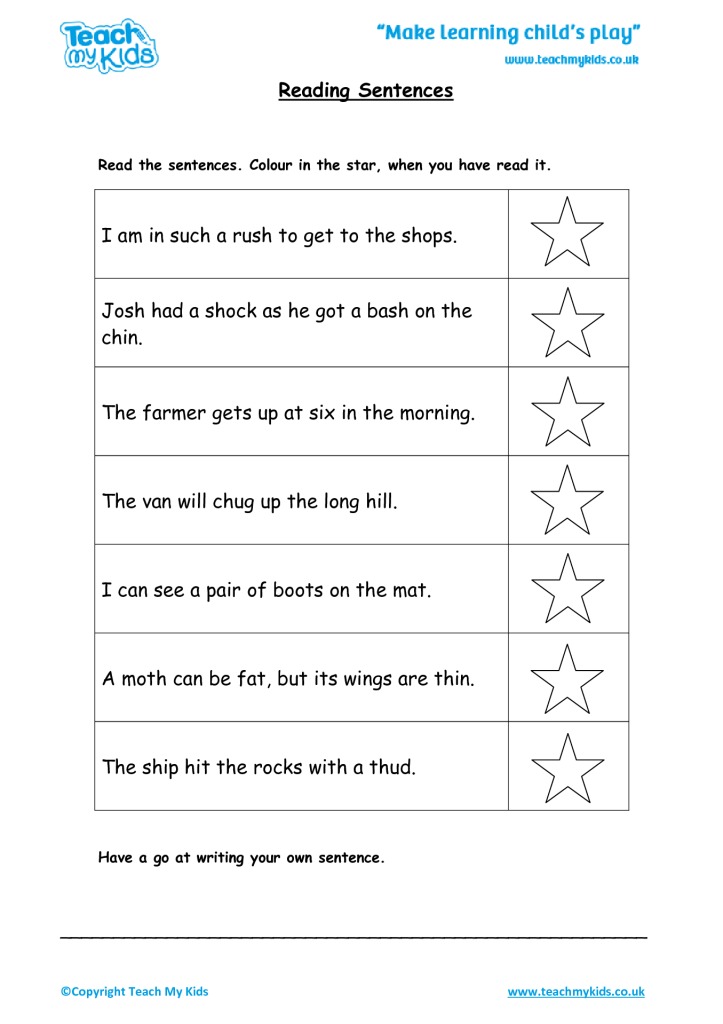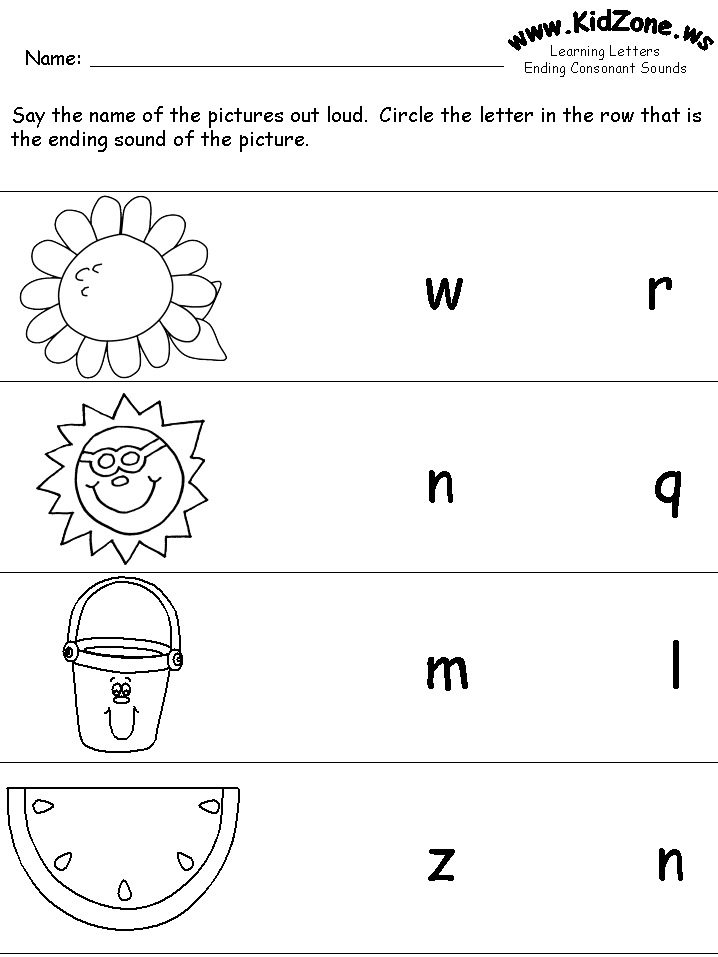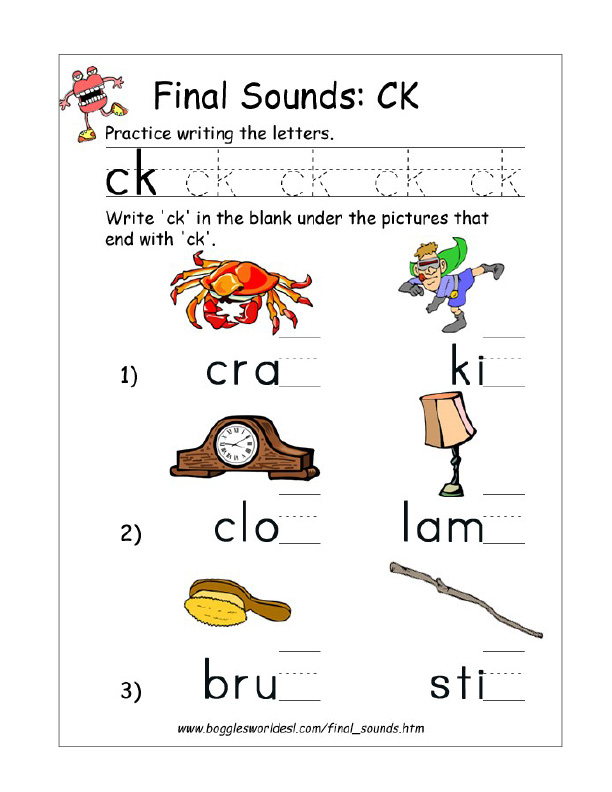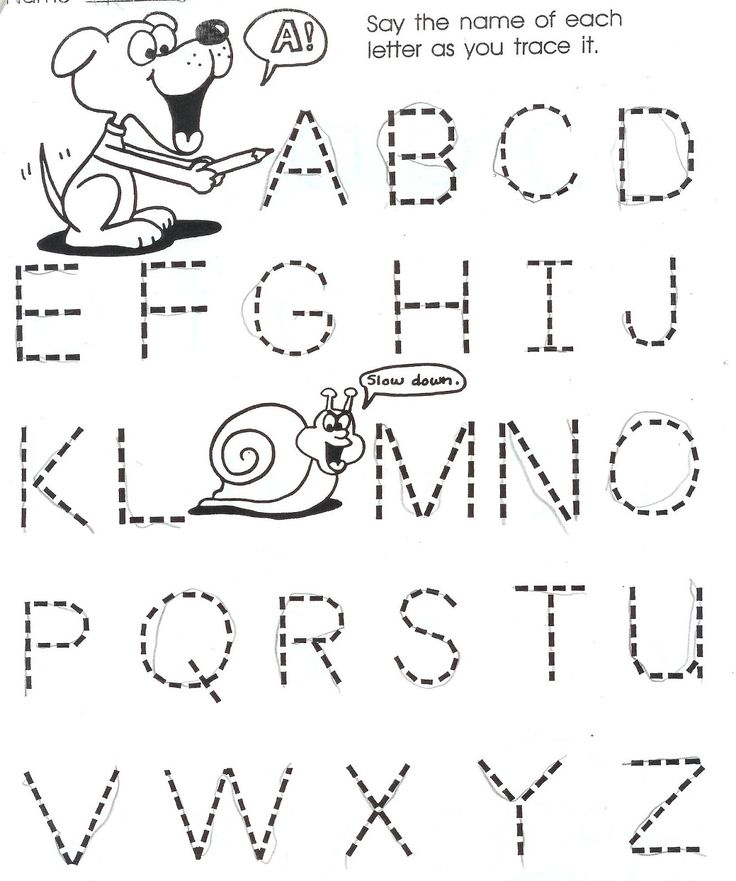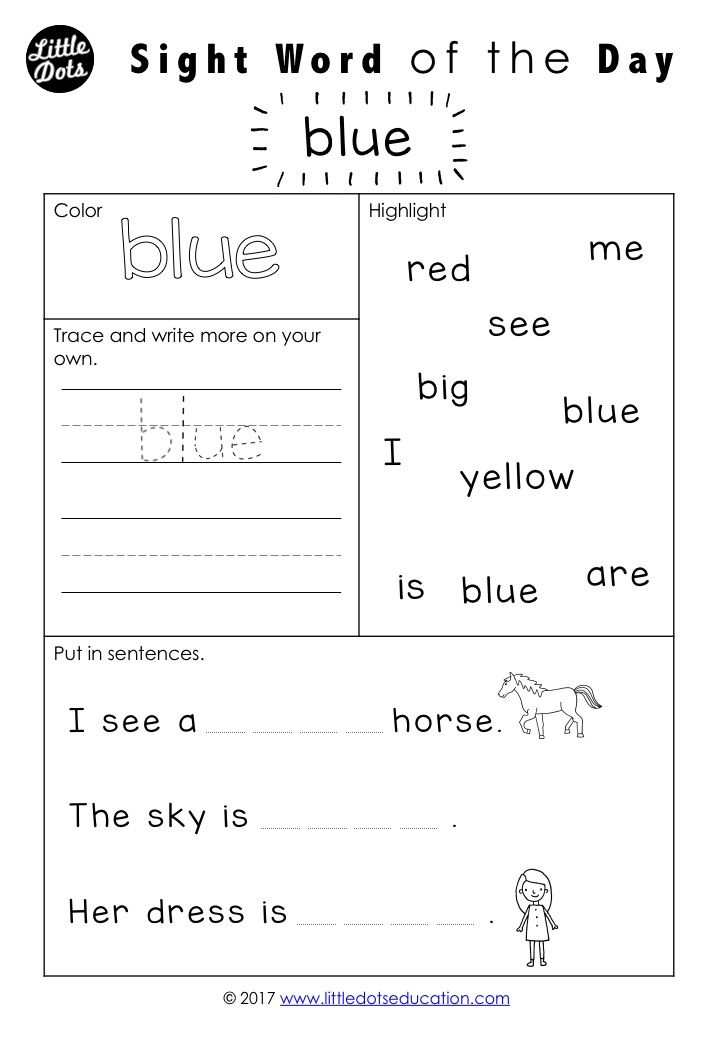Following direction activities for preschoolers
3 Activities to Teach Following Directions
You are here: Home / Articles / Lessons & Activities / 3 Activities to Teach Following Directions
A preschooler’s ability to receive, understand, and follow directions can vary from child to child. By giving children time to process directions, and by offering plenty of positive reinforcement, they will begin to be able to comprehend and complete specific tasks as they develop and grow. Proposing a few simple options or providing several encouraging suggestions for preschoolers to choose from, early learners will start to respond positively when given instructions.
3 Activities to Teach Following Directions
Teach preschoolers how to follow directions through fun and engaging games and activities. By incorporating play with lessons, children are more likely to enjoy the learning processes of listening to instructions, recognizing given assignments, and completing the tasks. Here are three educational games that will provide preschoolers with exciting opportunities to pay attention and follow directions.
Simon Says
This is a classic listening game that is fun for all ages.
How to Play:
Designate someone to be Simon. Simon then gives a directive by saying, “Simon says…” followed by a given task. An example of an instruction would sound like, “Simon says…pat your head.” Everyone playing would then do what Simon says. If Simon gives a direction without saying “Simon says…” first, and players complete the action, those players are out.
Make the game simple for preschoolers by giving one instruction at a time. Once they seem to get the hang of it, challenge them by giving them a two-part direction, such as “…jump two times”. If the game becomes too difficult, go back to a one-part directive. Keep it fun and engaging.
Modifications:
Change the name from Simon to a more appealing character that preschoolers may be interested in. Maybe incorporate holiday icons like Santa for a game of Santa Says, or a movie character such as a Minion for Minion Says.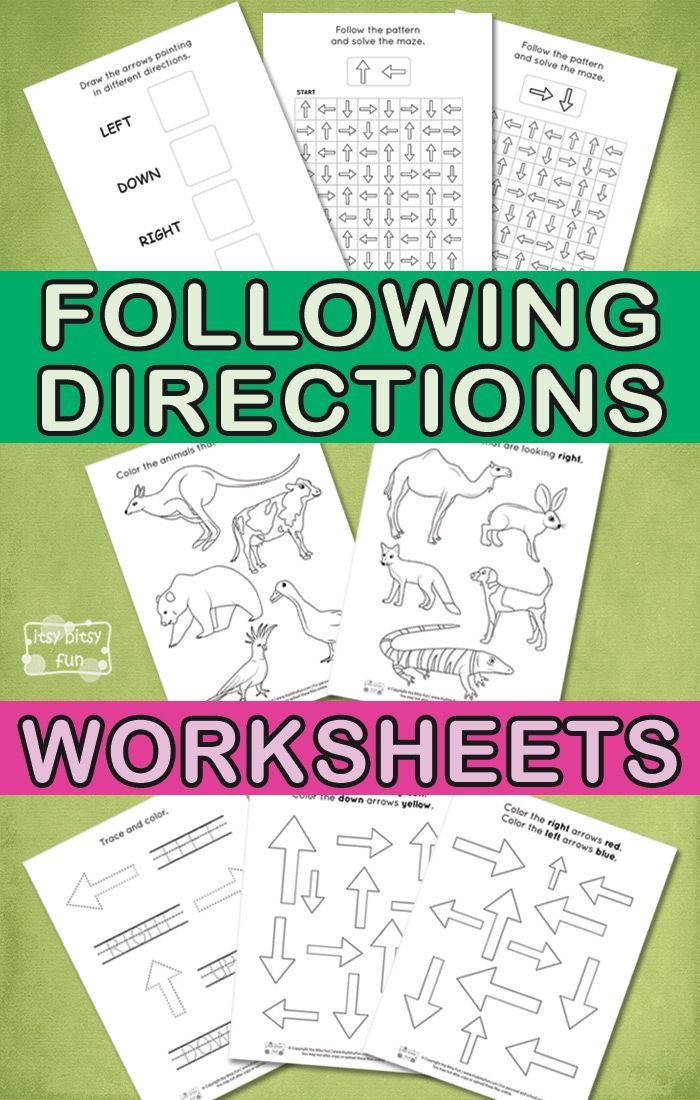 The more relatable the game is to children, the more likely they’ll enjoy playing.
The more relatable the game is to children, the more likely they’ll enjoy playing.
Red Light, Green Light
This is an active game that focuses on following directions.
How to Play:
Designate someone to be the traffic cop. All other players are lined up at a starting point. The traffic cop then says either red light or green light. When green light is stated, everyone heads toward the finish line. When red light is called, everyone must immediately stop. The round finishes when all have crossed the finish line and then a new game can begin.
Modifications:
While this game focuses on listening to follow directions, incorporating visual cues will add another level of learning. Color a red circle and green circle to hold up as that color light is called for. In addition, using only the visual cues without speaking could be a fun alternative as well.
Another way to enhance the game is by incorporating a
yellow light.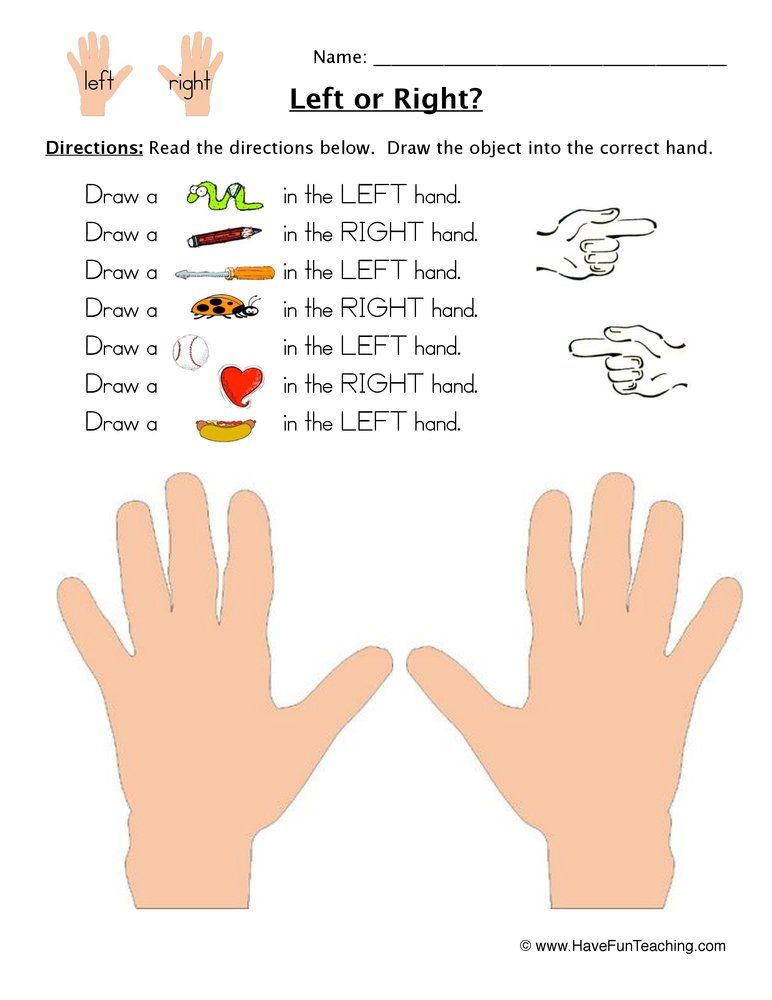 When yellow light is called, children will have to slow down or even crawl to get to the finish line.
When yellow light is called, children will have to slow down or even crawl to get to the finish line.
Hokey Pokey
This is a fun interactive dance with a directive song.
How to play:
Get everyone in a circle and start singing or play the Hokey Pokey song. Put the hands, feet, head, backside, and whole body in and out of the circle with the Hokey Pokey. Preschoolers will have a blast while listening and following directions to shake all around.
Learn more about The Importance of Play In Child Development.
Sharing is caring!
7 Core Following Directions Activities for Kids That'll Improve Listening
Inside: Quick and easy following directions activities for kids that will help them practice self-control, emotional regulation and improve listening skills.
There was a joke traveling around years ago from Carrie On Y’all that said, “Maybe if I start yelling ‘Get your shoes on!’ the night before, we could get to school on time the next day.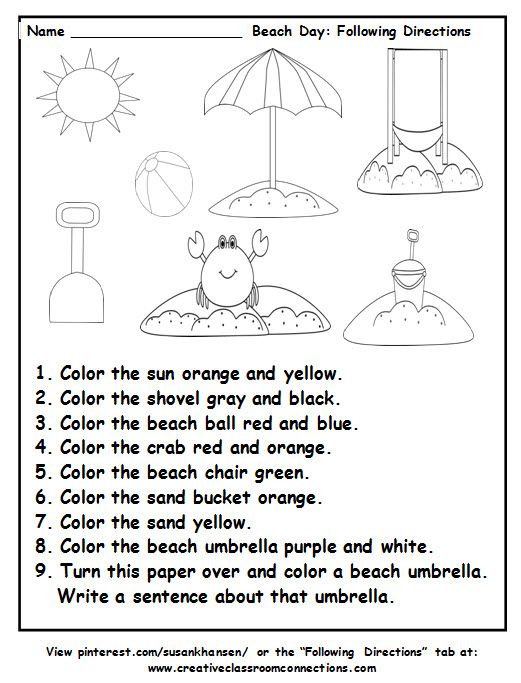 ”
”
Honestly, the struggle is real.
Kids need A LOT of practice to learn basic life skills.
Following directions activities can support better listening skills in your child.
Teaching kids to follow directions isn’t as simple as doing a listening activity for kids, watching fairy dust shower from above, and seeing your kids transform into magical listeners.
Several years ago I was getting ready to take my son to school. He insisted—like life or death insisted—that he needed to wear his green shoes.
So I helped him find his green shoes, laid them out on the floor, and then realized I made a horrible mistake.
He shook his head and said, “No green shoes, mom. Nooo!”
In exactly two minutes, the green shoes went from being my complaining child’s most prized possession to the most horrible and disgusting shoes one could don.
Related Posts:
- 2 year old not listening? Try this remarkable tip.
- 10 Totally Awesome Tricks for Independent Kids
Teaching kids to follow directions – let’s simplify.
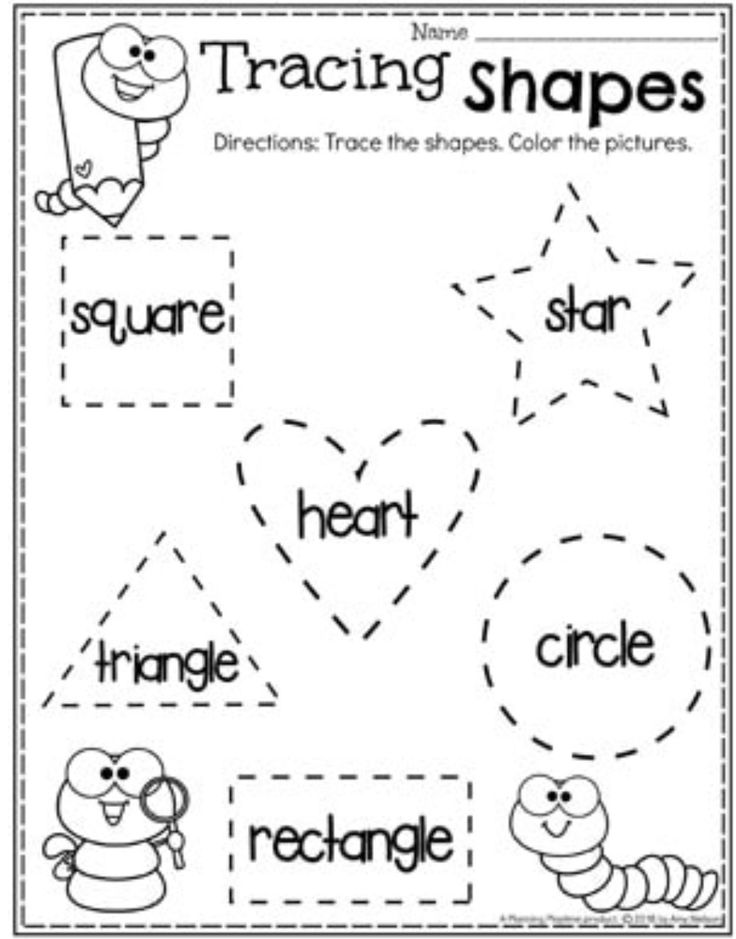
1. Connection first. Attention follows.
A few brief moments using SAY WHAT YOU SEE®, where you describe what your child is thinking, doing, feeling or saying, makes a big difference. This is the building block of connection, and when kids feel connected to you, they are for more likely to cooperate.
It might sound something like, “You’re drawing a picture with big green squares and red lines.”
No brainer, right? And yet, I still find myself talking to my kids without taking a brief moment for connection.
Sharing a set of instructions before you briefly connect with your child is like speaking foreign language. It can fall flat.
I know I have my child’s full attention when I have two things:
- Eye contact
- Eyes level (get down to the child’s level).
2. Be short and specific.
Kids tend to hear a lot of conversational white noise when adults are speaking to them. Say exactly what needs to be said for your child to follow your directions.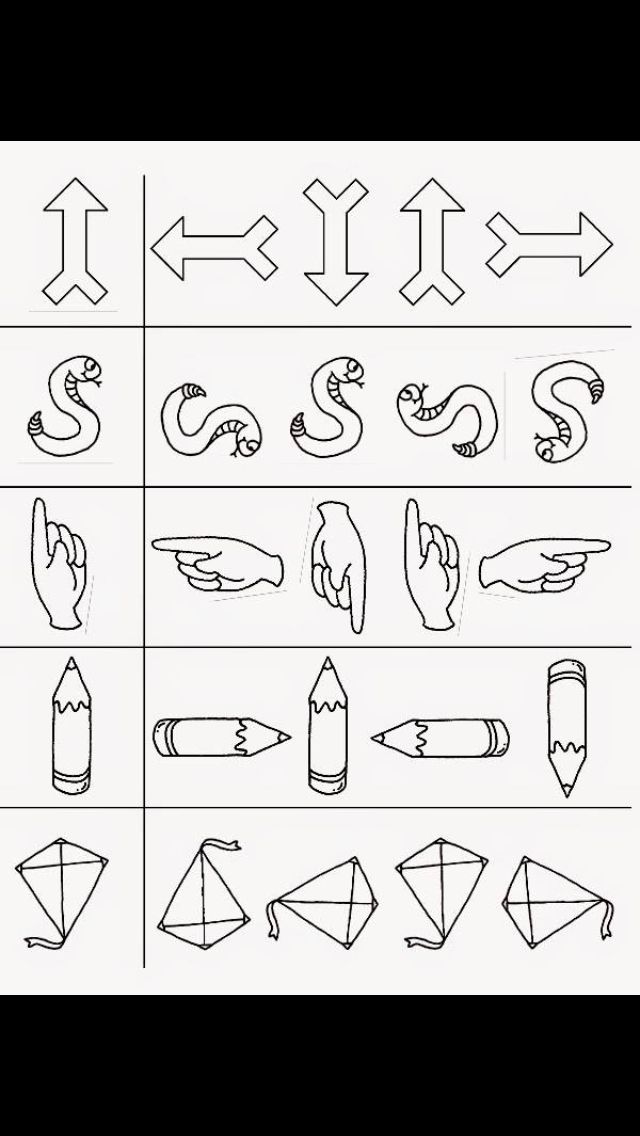 Trim everything else out.
Trim everything else out.
Instead of… “Hurry up. We gotta get out the door for this appointment. Get your coat lets go.”
Try… “Coat please.” Or, “You’re missing a coat.”
3. Use “wait time.”
This is a great strategy that I learned from a teacher. After giving a set of instructions to your kids, pause for 3-7 seconds to allow their brain to process and apply the information. Research shows kids are more likely to follow directions if you give them “wait time” or a hearty pause.
As adults, we are used to processing information much quicker, but kids…they take time.
Think of it this way: Keeping realistic expectations and waiting is the difference between you giving up and throwing your tea in the air vs. you calmly taking a sip of your tea while you employ “wait time.”
4. Unless you are offering a choice, don’t ask.
If your directions aren’t up for negotiation, keep that door firmly closed. Offering choices is a fabulous way to help end power struggles and enjoy a happier home.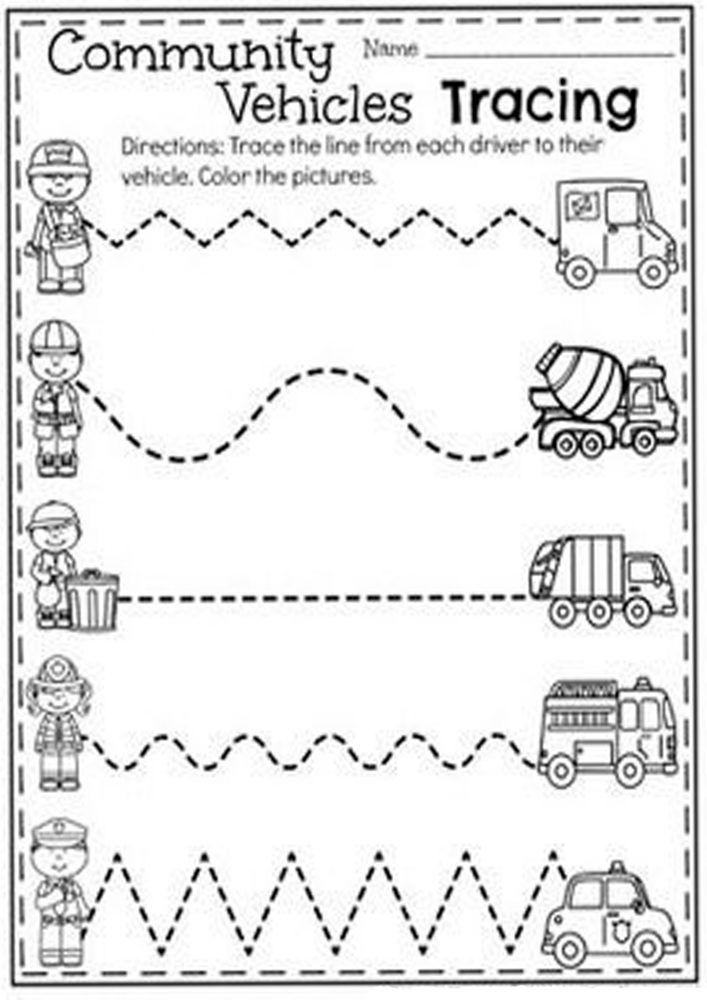
But…everything in life is not always a choice. If you can’t offer a choice within a parental boundary you feel good about, give instructions as a statement, rather than a question.
Instead of… “Can you pick up your toys?”
Try… “I see toys on the floor and it’s time to leave.”
Or if you’d like to offer a choice, you can say something like, “I see blocks and dolls. Show me which one you want to put away first.”
5. Practice using following directions activities.
In order to build great listening skills, kids need a lot of practice…A LOT.
Which makes sense! I think we all can relate to needing a lot of practice before we can get good at anything. I could tell you a few stories about burnt dinner rolls for the past five years, but that’s a story for another day 🙂
Related:
- 50+ Best Simple Games for 2 Year Olds and Up
- The Ultimate List of Board Games for 2 Year Olds
7 core following directions activities for kids.
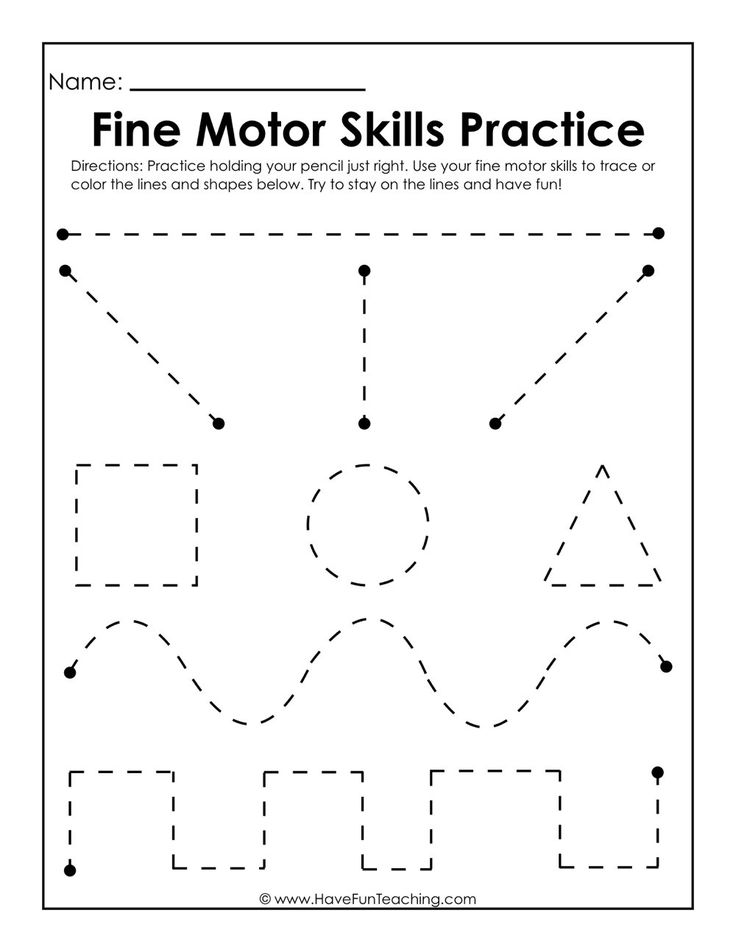
There are several good ‘ole fashioned standby games to play with kids to help them 1) Listen and hear what you are instructing and 2) Practice following the directions you shared.
1. Simon Says
One person is Simon or Elmo or Dora or Spiderman or Teacher or Whoever, and this person is the “leader.” Simon gives a set of instructions and everyone else follows. The person who doesn’t follow the instructions is “out.” And the person who follows the instructions throughout the game, wins Simon Says.
2. Red Light, Green Light.
One person is the leader who calls out “Red Light” or “Green Light.” When the leader calls out “Red Light,” everyone stops. When the leader calls out “Green Light,” everyone goes. Anyone who doesn’t stop or freeze during “Red Light” is out.
3. Follow the Leader.
Take a walk around your house or outside and whatever you (or the leader) does, everyone else must follow. This is a great game to allow your child to be the leader and have you follow your child.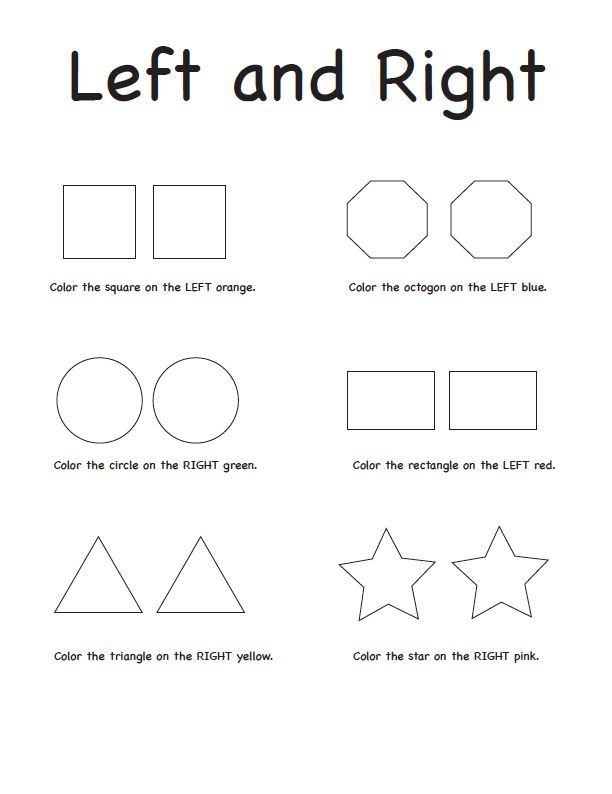 It’s a perfect opportunity to model following directions for your child!
It’s a perfect opportunity to model following directions for your child!
4. Map Game
Try this map game and help your kids work their way through the grid following the directions given. Practice counting and using the words left, right, forward, and backward.
5. Two-step direction games.
Do one of these 2-step direction games with your kids. This is perfect for preschoolers and above! Have your kids follow some of the 2-step directions throughout the day (e.g. Shake your head “yes” and then quack like a duck.) Brilliant!
6. Lego® Game
If you have kids who are old enough to play a board game, try this Lego Game to help your kids practice reading directions and following them.
7. Visual direction activities.
With kids, visual directions are so important! You can make life simpler and fun using visual directions for your kids, such as a printable daily schedule for kids.
- Bedtime routine cards
- Morning routine cards
- Mealtime routine cards
Using routines is a great way to support cooperation and help your kids learn to follow directions.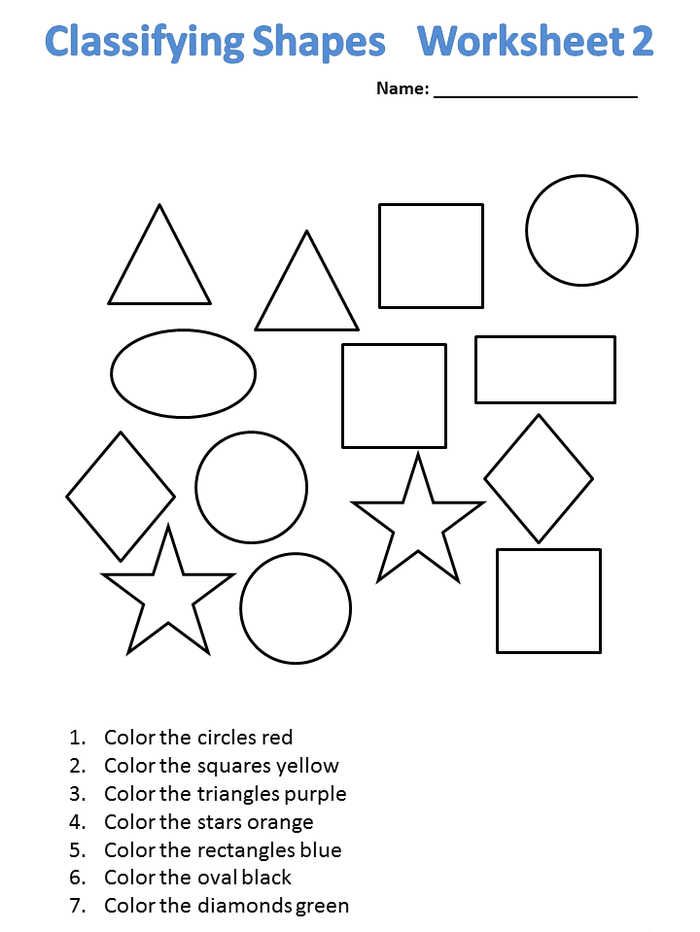
They are also energy saving, AND a great way to avoid yelling “Green shoes!” ten times every morning or “Eat your dinner!” six times every evening.
Grab your FREE Following Directions Checklist Here!
More popular parenting posts
- 2 Year Old Sleep Schedule to Help Kids Fall Asleep and Wake Happy
- Best Morning Routine Tips and Tricks Your Kids Will Actually Follow
- 3 Things Every Parent of a Strong Willed Toddler Should Know
- 50+ Outdoor Toys for Kids That’ll Bring Hours of Fun
- Best Summer Schedule for Kids That You Can Print and Use Daily
I've created a free email series just for you! If you are struggling with teaching your child to listen, this series will help transform your parenting. Yes, really. I've seen my proven strategies work time and time again for parents. I know it can work for you too.
After taking my free email series, you will:
- Learn simple, yet highly effective listening strategies
- Experience a stronger connection with your child
- Enjoy more peaceful parenting days
- Gain more cooperation from your child
Click here to sign up!
Are you new to this community? Start here, friend.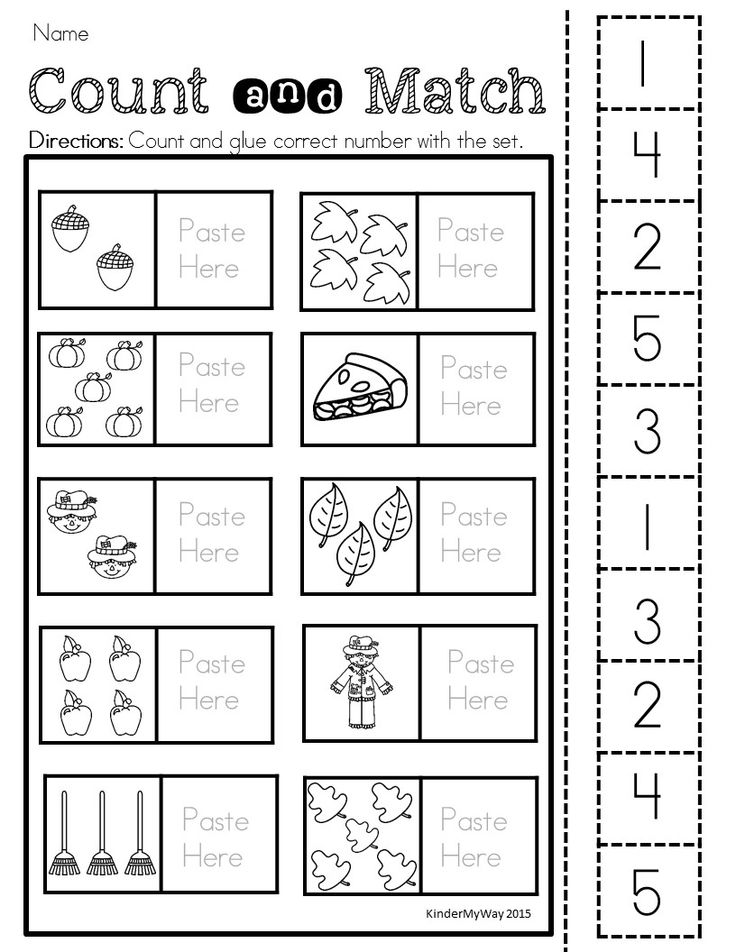
Assistance in the implementation of the Federal State Educational Standard for preschool education / Educational projects "Sovenok" for preschoolers
-
ART 131135 Author: Sedko N. L. Views: 1999
Game as an activity in the development of a preschoolerThe paper describes the meaning of the game in the life of a preschooler, aimed at the moral education of children, culture of behavior, communication skills
Full text of the article Read online
Keywords: education, communication, game
-
ART 131313 Author: Kamalova F. N. Views: 1978
Implementation of psychological support for preschool children through the use of art-therapeutic technologies in workFull text of the article Read online
-
ART 131928 Author: Shafarostova A.
Synopsis of a correctional and developmental lesson for children of senior preschool age "Journey to the Sweet Tree"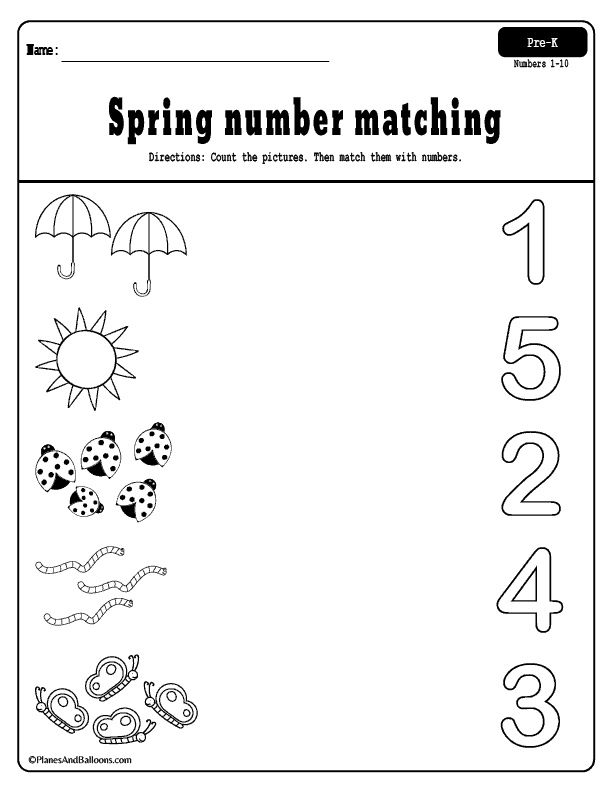 I. Views: 2297
I. Views: 2297 The lesson "Journey to the Sweet Tree" is the final lesson in working with children who have difficulty in the formation of cognitive processes, aimed at the formation of attention processes, the development of children's recreative, creative imagination, fantasy. visually - effective and logical thinking; improvement of communication skills
Full text of the article Read online
Keywords: correctional and developmental lesson, cognitive processes
-
ART 131963 The authors: Gerasimova E. V., Terpigina E. N. Views: 2930
Week of psychology in a preschool educational institutionOne of the forms of organizing work in a preschool educational institution with a team of adults and children is the annual Week of Psychology, aimed at providing psychological and pedagogical support to participants in the educational process
Full text of the article Read online
Keywords: psychological service, psychological climate, psychological and pedagogical support, interactive form of interaction
-
ART 131965 Author: Pashkevich L.
Consultation on the topic: "The role of toys in role-playing games for children of primary preschool age"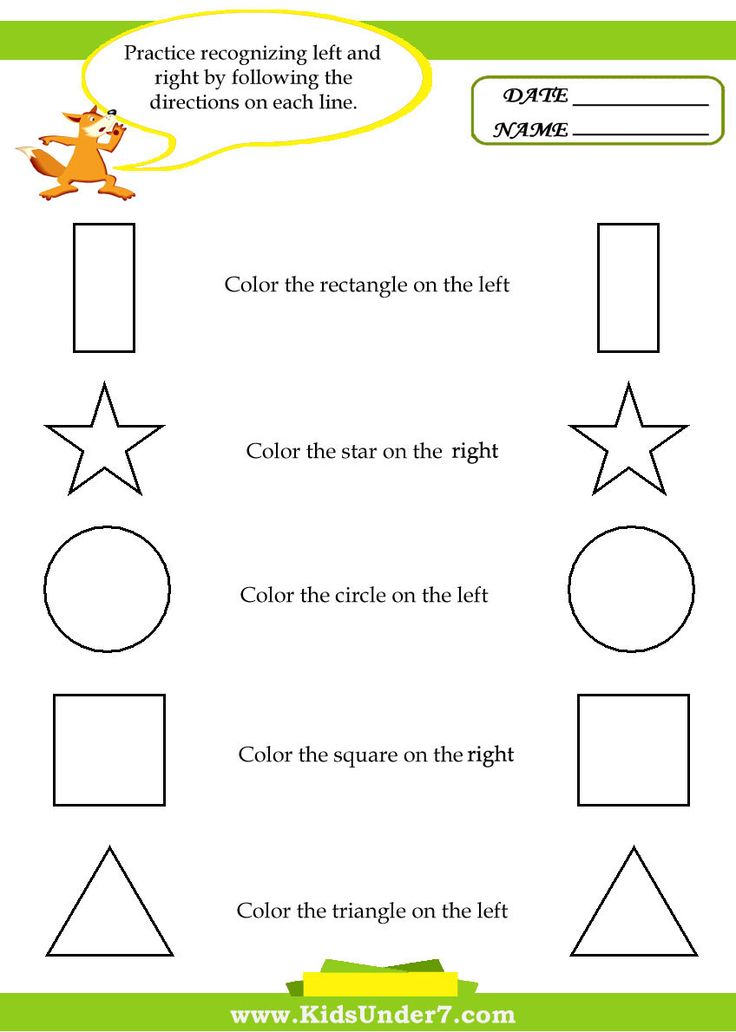 M. Views: 1888
M. Views: 1888 The paper presents arguments about how important a toy is in the formation of a child. Game activity is the leading activity of preschool children. Being such, it is the game that most contributes to the formation of the child's neoplasms, the development of his mental processes. The main stages of children's mastery of game forms of behavior are also considered.0005
Full text of the article Read online
Keywords: work with children, creativity, game, role-playing game, consultation, toy, game forms
-
ART 131967 Author: Samsonova T. V. Views: 1844
Game as a means of adapting a child to a preschool educational institutionEntering a preschool institution is a difficult period for both the child and his parents.
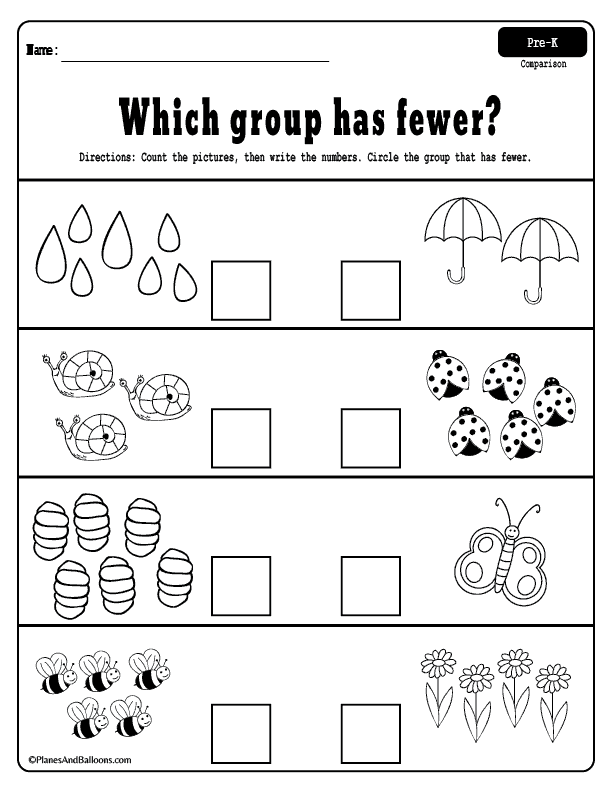 The article presents important tips and recommendations on how to help your child get used to the conditions of kindergarten. The emphasis was placed on the game component, which is one of the most effective ways for children to adapt
The article presents important tips and recommendations on how to help your child get used to the conditions of kindergarten. The emphasis was placed on the game component, which is one of the most effective ways for children to adapt Full text of the article Read online
Keywords: adaptation, game, preschool institution, positive attitude, conversation, representations of the child, desired behaviors, mode
-
ART 131968 Author: Salimyanova G. F. Views: 1801
Experimental site program: "Integrated approach in the ethno-cultural development of preschool children"The practice of working with children of preschool age, many studies show the child as a consumer of cultural values, and not as a person who is able to create it by participating in a variety of cultural activities. Integration is especially noticeable when different types of art are used in the educational process.
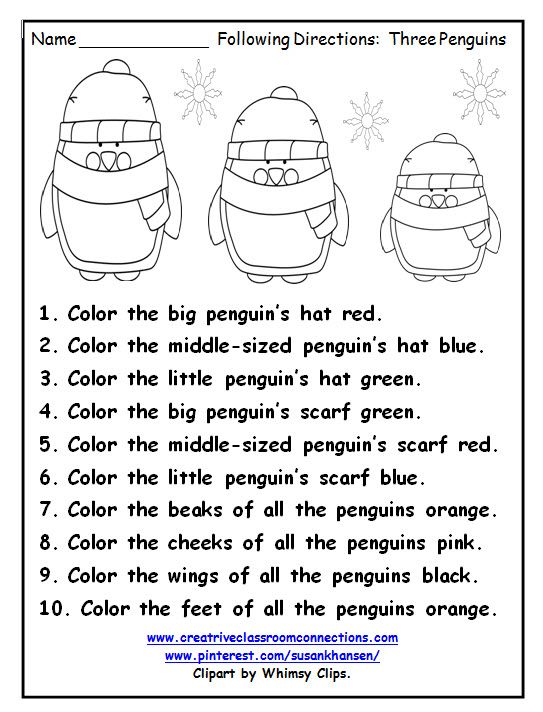 Growing into culture occurs effectively with an integrated approach to ethno-cultural development. This allows us to turn to the topic of our study.0005
Growing into culture occurs effectively with an integrated approach to ethno-cultural development. This allows us to turn to the topic of our study.0005 Full text of the article Read online
Keywords: cultural value, cultural activities, ethno-cultural development
-
ART 131973 Author: Abdulganeeva Z. R. Views: 1999
Open lesson in the preschool educational institution "My family"Full text of the article Read online
-
ART 131978 Author: Abutalipova R.Z. Views: 1951
Adaptation of young children to the conditions of the preschool educational institutionFull text of the article Read online
-
ART 131979 The authors: Abucheva A.
Musical dramatization in the senior group "Sinichkina's Tale"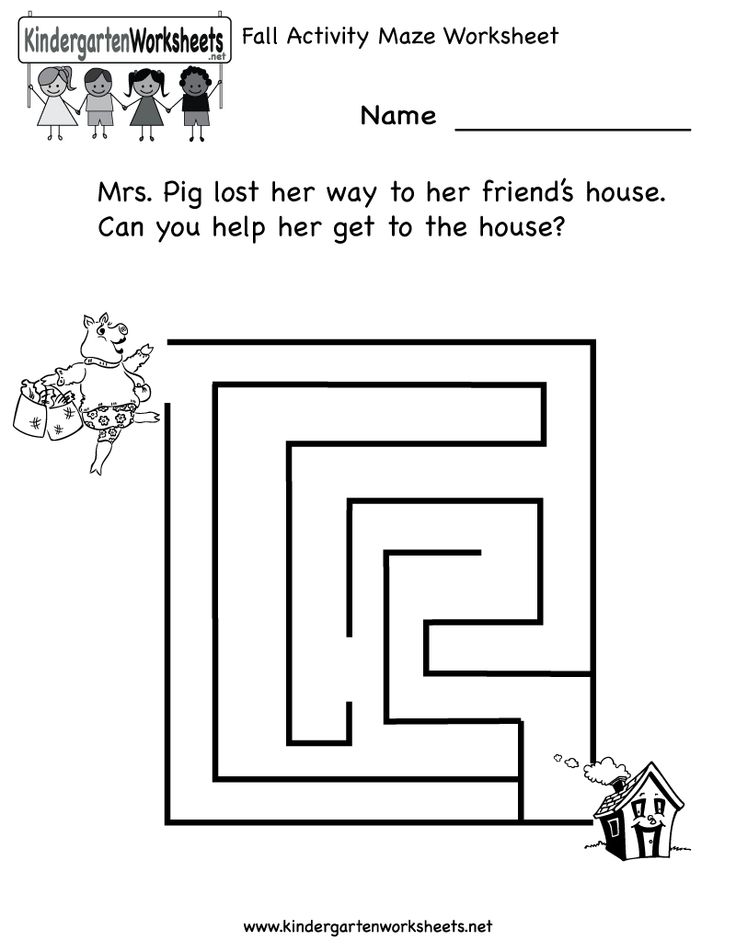 I., Fedotova O.P. Views: 2391
I., Fedotova O.P. Views: 2391 Full text of the article Read online
-
ART 131983 The authors: Avilova N. N., Nasyrova O. M., Satlykova E. K. Views: 1874
Model of interaction and support in the process of correctional and developmental educational activities of a teacher-psychologist, speech therapist and educator with children of senior preschool age of the correctional group (ICP)The work describes the experience of a teacher-psychologist, teacher-speech therapist, educator
Full text of the article Read online
Keywords: education, correction, sand therapy
-
ART 131990 Author: Ageeva L.
Organization of the upbringing and educational process for the implementation of the Work Program for additional education in the natural science direction "Our Universe" V. Views: 1986
V. Views: 1986 Senior preschooler is the most important stage in the upbringing and education of every person. In connection with the introduction of the Federal State Educational Standard, the main tasks of modern life are the disclosure of the abilities of each child, the education of a person ready for life in a high-tech, competitive world. Thus, the personality of a preschooler comes to the fore, his ability for independent goal-setting, self-organization, independent problem solving and reflective analysis of his activities
Full text of the article Read online
Keywords: natural science direction, personality education
-
ART 131995 Author: Akimova O.
Methodical development of holding a parent meeting with elements of the training "We play with children"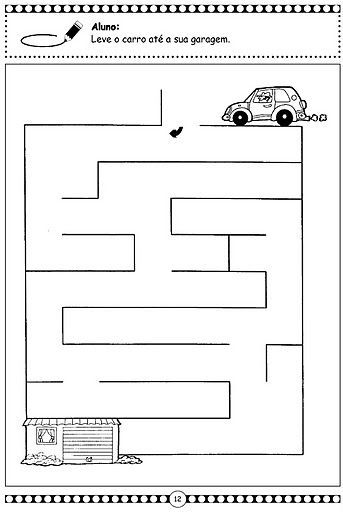 V. Views: 2107
V. Views: 2107 Full text of the article Read online
-
ART 132005 Author: Aleksandrovich M. S. Views: 1771
Abstract of the lesson in the younger group on the topic: "A droplet visiting children"Full text of the article Read online
-
ART 132011 Author: Aleneva I. G. Views: 2017
Generalization of pedagogical work experience: "The influence of the family educational situation on the emergence of rivalry between children in the family"It is an indisputable fact that the foundation of a child's personality is laid in the family, which is the first school of education of his moral feelings and the formation of social behavior
Full text of the article Read online
Keywords: rivalry, pedagogical experience, educational situation
-
ART 132711 Author: Kadysheva T.
Successful adaptation of a child to kindergarten is a common task for educators and parents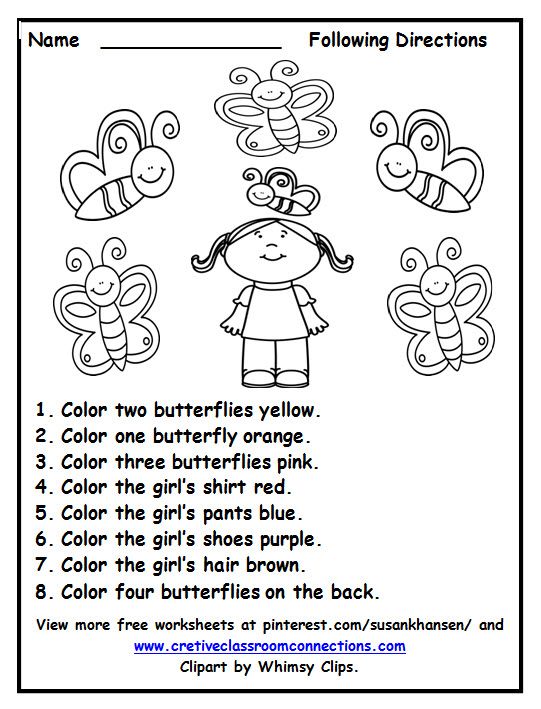 G. Views: 1837
G. Views: 1837 The problem of the kindergarten - is it good or bad, to give or not to give - sooner or later arises in the family. The urgency of the problem almost does not depend on the level of well-being of the family and on the employment of parents, each of whom has his own experience and his personal opinion about the advantages and disadvantages of preschool institutions
Full text of the article Read online
Keywords: adaptation, kindergarten
-
ART 133196 Author: Nikiforova L. M. Views: 3606
Thematic day "Farewell to the Christmas tree" (second junior group)My summary of the thematic day allows you to consolidate children's knowledge about the Christmas tree and the celebration of the New Year in an entertaining way, as well as enrich their emotional experience, add new impressions.
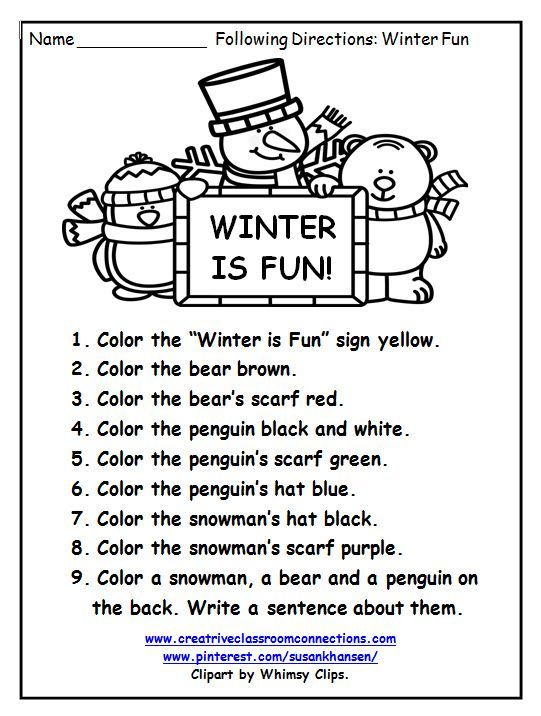 Game motivation will help children better understand and feel the topic, consolidate their knowledge
Game motivation will help children better understand and feel the topic, consolidate their knowledge Full text of the article Read online
Keywords: new year, snowman, aesthetic feelings
-
ART 134119 Author: Kalinina M. A. Views: 1744
Summary of educational activities "Let's go to the zoo" for children of middle groupsIn modern society, health has become one of the main conditions for the success of any person. Health and development are closely linked. An important task of our kindergarten is to preserve the health of our pupils. That is why the role of the kindergarten in the comprehensive development of children is increasing
Full text of the article Read online
Keywords: educational activities, zoo
-
ART 134125 Author: Khorkova O.
Joint entertainment for parents and pupils of the senior group on the theme "Glory to bread" using modern pedagogical technologies M. Views: 1657
M. Views: 1657 Innovative component of entertainment: the use of elements of health-saving, gaming (including games based on TRIZ), information and communication technologies that contribute to the development of cognitive and speech activity of pupils and help to keep their interest throughout the event
Full text of the article Read online
Keywords: grain growers, bread is the head of everything, grain, elevator, flour
-
ART 134127 Author: Krupkina L. V. Views: 1797
Summary of educational activities on life safety and literacy with children of the preparatory group on the topic: "Visiting Dr. Aibolit"The abstract will help increase emotionality, communication, develop the ability to communicate, speech, communication culture
Full text of the article Read online
Keywords: educational activities, literacy training
-
ART 134130 Author: Kondrashina T.
Innovative experience of working with children of the preparatory group for felting "Felting cats" K. Views: 1618
K. Views: 1618 This master class will help educators use my experience in felting toys
Full text of the article Read online
Keywords: felting
-
ART 134131 Author: Sidorova O. V. Views: 1563
Problems of adaptation. Reducing the high level of anxiety in children of primary preschool age through play activitiesPresentation of experience on adaptation
Full text of the article Read online
Keywords: play, anxiety
-
ART 134132 Author: Soboleva M. A. Views: 1702
Summary of educational activities with children of the preparatory group on the topic: "Toy-talker"The abstract will help children notice and highlight the main means of expression of the Voronezh toy
Full text of the article Read online
Keywords: toy, whistle
-
ART 134150 Author: Goryainova L.
Thematic planning in the middle group "Russian folk culture and traditions"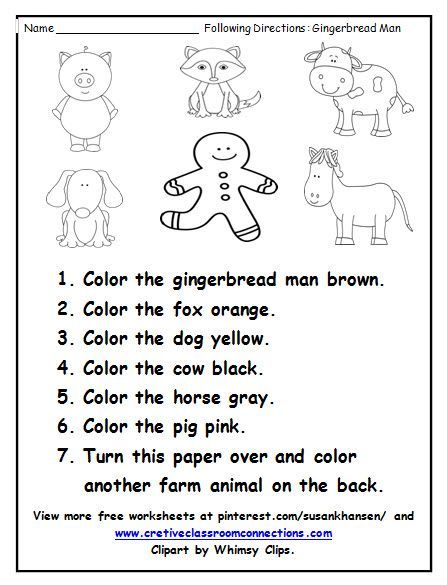 P. Views: 11518
P. Views: 11518 The paper describes the thematic planning of one day in kindergarten
Full text of the article Read online
Keywords: patriotism, matryoshka, jokes, fairy tales, rhymes, tongue twisters
-
ART 134151 The authors: Skorynina O. A., Babaeva N. A. Views: 2072
Formation of elementary generally accepted norms and rules of behavior in society through the organization of the thematic legal week "We have the right"The authors propose an educational and methodological development for organizing a legal week with children of senior preschool age. This development makes it possible to effectively build moral and legal work in DO
Full text of the article Read online
Keywords: educational system, federal state educational standard for preschool education, moral and legal education, legal week
-
ART 134152 Author: Trushnikova O.
Rainbow Psychology Week (RPP)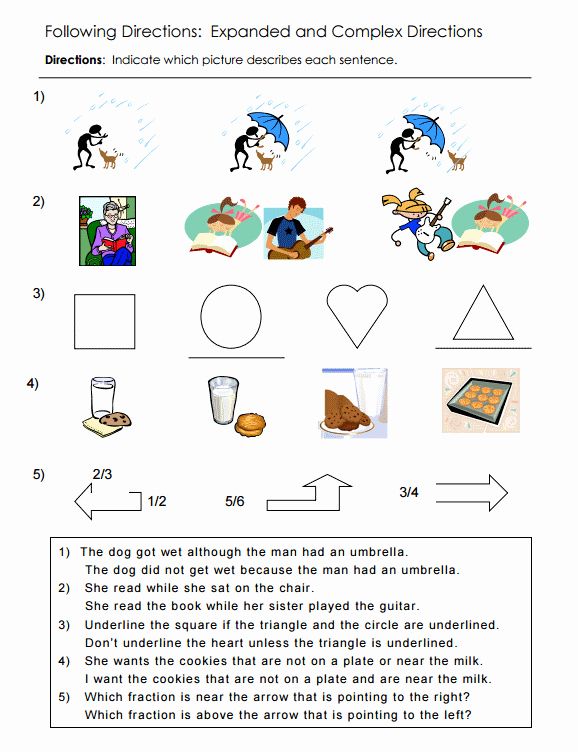 I. Views: 1869
I. Views: 1869Expanding ideas about the world of psychology, increasing interest in psychological knowledge, the ability to positive social behavior, cooperation between adults and children, the development of the emotional sphere in children, the formation of a favorable psychological climate in kindergarten
Full text of the article Read online
Keywords: modern trend of the educational system, educational process
-
ART 134154 Author: Anisimova S. A. Views: 1605
Innovative forms of interaction between a preschool educational institution and parents of pupilsThe author of the article proposed and disclosed innovative forms of interaction between the preschool educational institution and the parents of pupils
Full text of the article Read online
Keywords: innovative forms, online communication, discussion swings, parent-pedagogical hockey, dow
-
ART 134157 Author: Ivanovskaya M.
Game sessions to prepare children 6-7 years old for school V. Views: 1813
V. Views: 1813 Methodological development of game lessons within the framework of the program "School of the Seven Dwarfs"
Full text of the article Read online
Keywords: communication, play, preparation for school
-
ART 134164 Author: Yashanova S. G. Views: 1563
Implementation of a communicative approach in the process of teaching senior preschoolers to swimThe article presents a brief description of the experience of implementing the communicative approach in the process of teaching older preschoolers to swim. Functions of pedagogical communication
Full text of the article Read online
Keywords: work experience, pedagogical communication, swimming training
-
ART 134172 Author: Okatieva I.
Synopsis of the final event of the week: "Introduction to folk culture and traditions"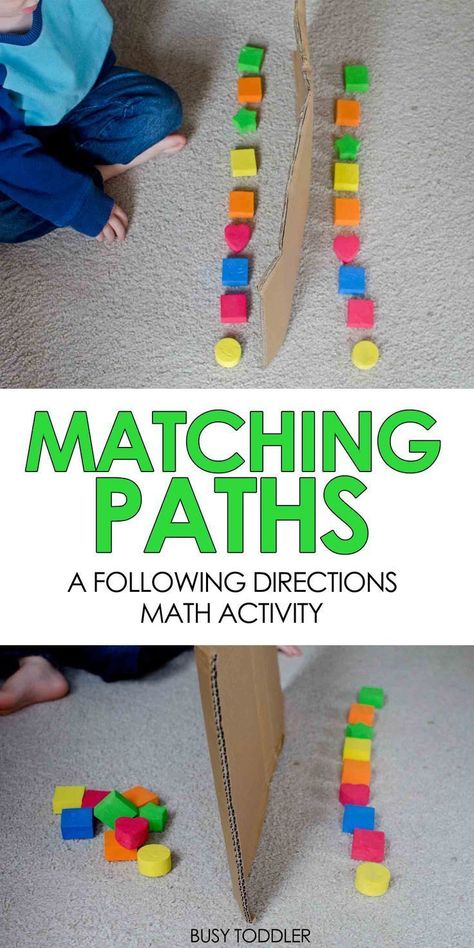 R. Views: 2153
R. Views: 2153 To draw the attention of children to a folk toy - a doll. To form in children interest, emotional responsiveness, a sense of joy from meeting with dolls. To consolidate the ability to highlight some details of their costume familiar to children (dress, jacket, scarf, apron), to see their beauty
Full text of the article Read online
Keywords: folk culture, aesthetic attitude
-
ART 134182 Author: Kapranova N. P. Views: 1862
The scenario of the seminar on the topic: “The use of new pedagogical technologies in correctional and educational work: content, methods and approaches for the implementation of integrative activities in kindergarten”Consultation for educators of new pedagogical technologies
Full text of the article Read online
Keywords: music, artistic and aesthetic development, integration of art forms (painting, literature)
-
ART 134183 Author: Reibandt I.
Theatrical game as a personality-developing technology (from work experience)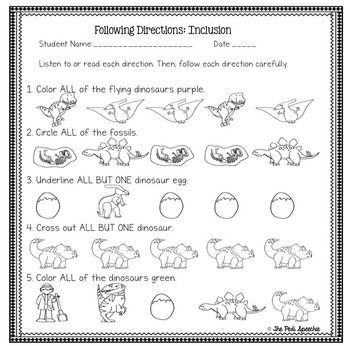 V. Views: 1809
V. Views: 1809The article describes the theatrical game
Full text of the article Read online
Keywords: theatrical activity, shadow, puppet, tabletop
-
ART 134200 The authors: Shestopalova T. E., Kozlova S. A., Grigoryan Yu. V., Budkeeva A. V. Views: 1786
Development of fine motor skills of the hands of young children using non-traditional methodsThis article is devoted to the problem of developing fine motor skills of the hands of young children using non-traditional methods: finger gymnastics, Su-Jok. It describes the relationship between the development of speech and the degree of formation of fine movements of the fingers. A complex of massage, finger gymnastics, fairy tales using massage balls is given, which can be used in the activities of the educator of preschool educational institution
Full text of the article Read online
Keywords: fine motor skills, finger gymnastics, early age, su-jok
-
ART 134210 Author: Belyaeva O.
The use of visual and informational forms of interaction with parents in kindergarten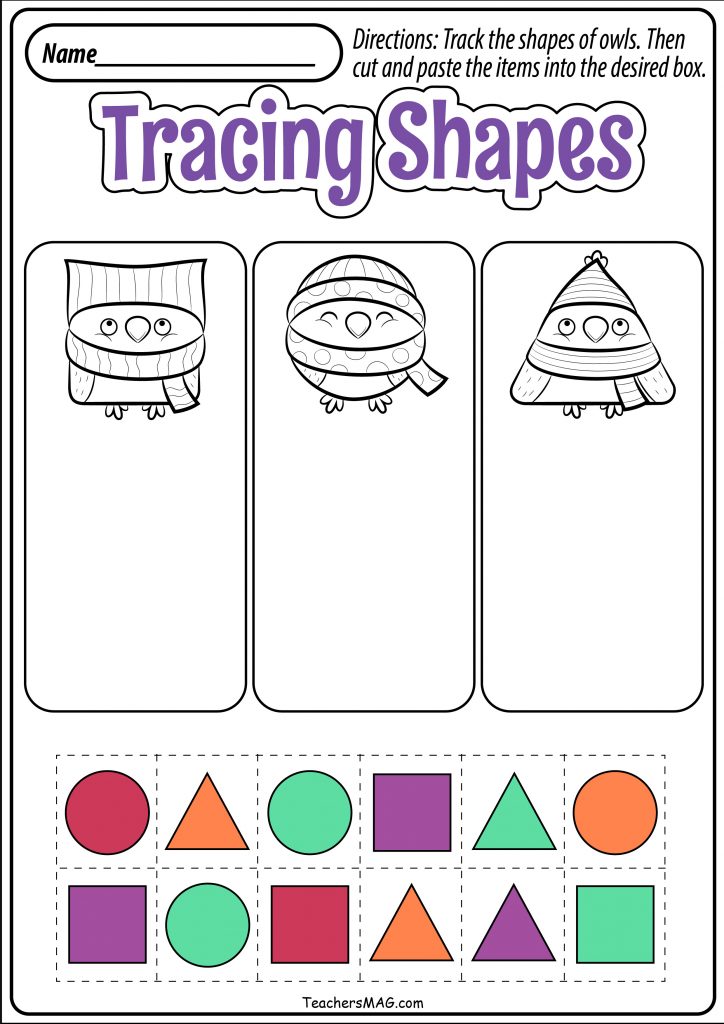 M. Views: 1697
M. Views: 1697 The article discusses the issues of establishing effective interaction between teachers of preschool institutions and parents of pupils through visual and informational forms. An integrated approach to the selection, design and placement of visual and informational material in foster groups is disclosed in order to ensure a full perception and understanding of relevant information by parents. The use of an integrated approach contributes to the establishment of close interaction between teachers of preschool institutions and parents, aimed at fulfilling the tasks of the general educational program of preschool education
Full text of the article Read online
Keywords: integrated approach, preschool institution, interaction with parents of pupils, visual-information forms, options for posting information, educators and parents
-
ART 134224 Author: Merzlikina N.
The program of the project on moral and patriotic education "I sing to you - my Fatherland!"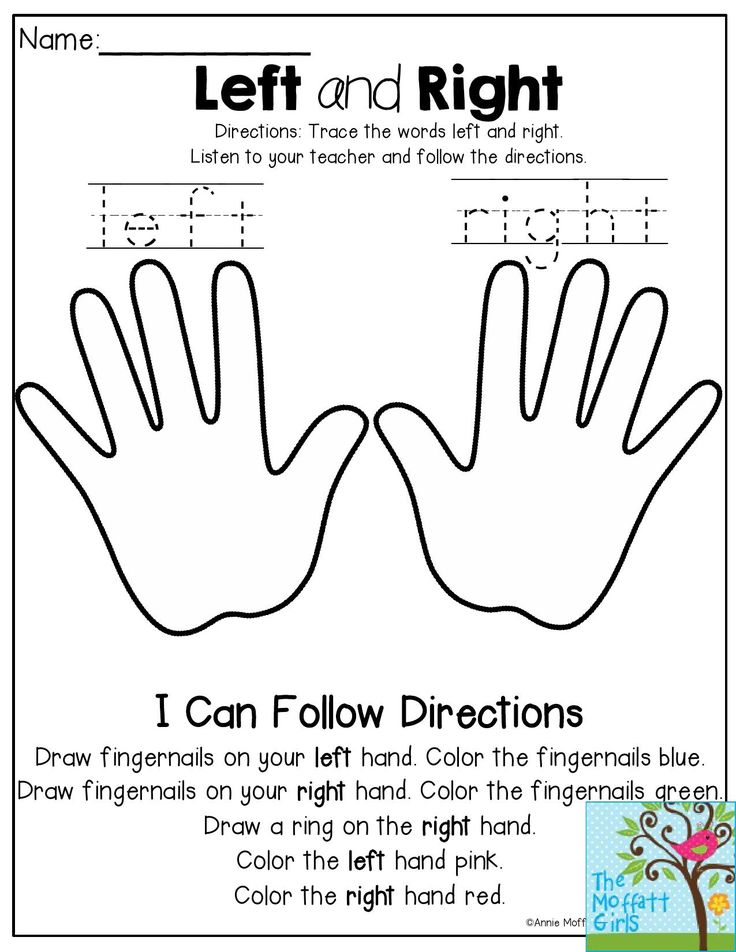 P. Views: 1625
P. Views: 1625 The program of this project systematizes the methods and techniques in the work of teachers in moral and patriotic education
Full text of the article Read online
Keywords: moral - patriotic education, fatherland
-
ART 134225 Author: Shapovalenko E. I. Views: 1578
The project "Safe behavior on a walk in the winter" for children of senior preschool age"The author proposes an algorithm for the formation in children of a culture of safe behavior on the street in the winter
Full text of the article Read online
Keywords: tasks, goals, safe walking behavior, milestones
-
ART 134238 Author: Buraya S.
The program of additional education for children aged 6-7 years on teaching the rules of the road as part of the implementation of the educational area "Social and communicative development"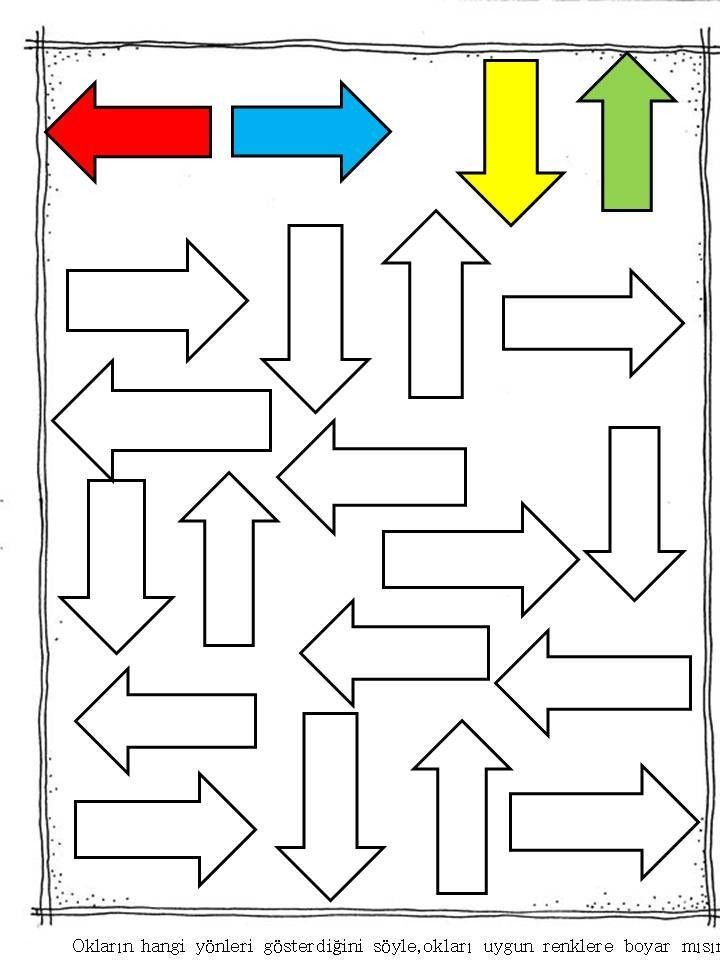 Yu. Views: 1700
Yu. Views: 1700 The author proposed a program to teach children the rules of the road
Full text of the article Read online
Keywords: traffic rules, road signs, safe behavior
-
ART 134239 Author: Yakimova I. I. Views: 1388
Scenario of the holiday "Maslenitsa"This event introduces children to folk calendar and ritual holidays
Full text of the article Read online
Keywords: carnival, buffoon, paganism
-
ART 134242 Author: Nepokrytova S.
Artistic word as a means of forming the ethical foundations and skills of life in society in children of primary preschool age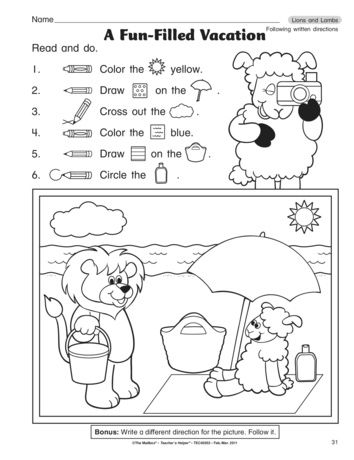 V. Views: 1700
V. Views: 1700 The report reveals the relevance of the topic, describes the experience of the preschool teacher in the social and moral development of children of primary preschool age
Full text of the article Read online
Keywords: socialization, moral education, game, works of art
-
ART 134244 Author: Ivanova T. V. Views: 1558
Scenario of a joint evening of leisure "Family Day"The script is dedicated to the family day, which will help to form the primary values of the idea of the family
Full text of the article Read online
Keywords: family, family values, evening leisure
-
ART 134254 Author: Khismatova R.
Education of collectivism in preschoolers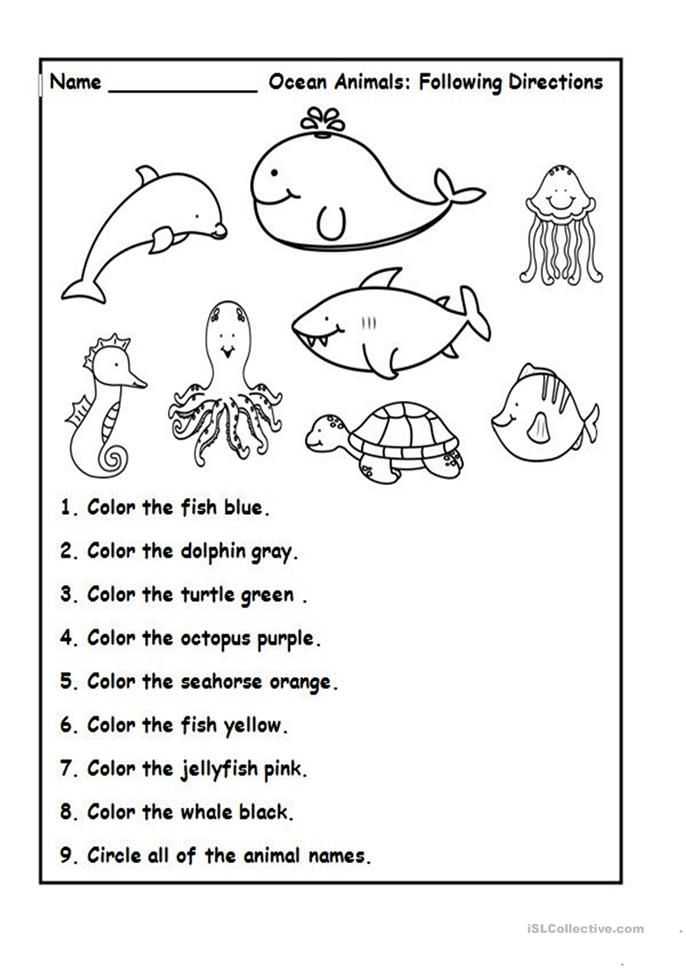 F. Views: 1881
F. Views: 1881 The paper talks about such an important stage of education as the education of collectivism among preschoolers
Full text of the article Read online
Keywords: education, communication, team
-
ART 170729 Author: Gulitskaya N. A. Views: 1419
Development of network interaction between preschool educational institutions and social institutions, on the socio-cultural development of preschoolers, as a guarantee of the successful implementation of the Federal State Educational StandardProject for the development of networking with social institutions called "Formation of communication skills in children of senior preschool age based on the integration of educational areas"
Full text of the article Read online
Keywords: project, networking, social and cultural development
-
ART 170897 Author: Kuchina V.
Development of the content of educational and educational work with preschoolers in accordance with the Federal State Educational Standard. Calendar-thematic plan: "Leaf fall, leaf fall, leaves from the tree fly (Autumn)" (preparatory group for school)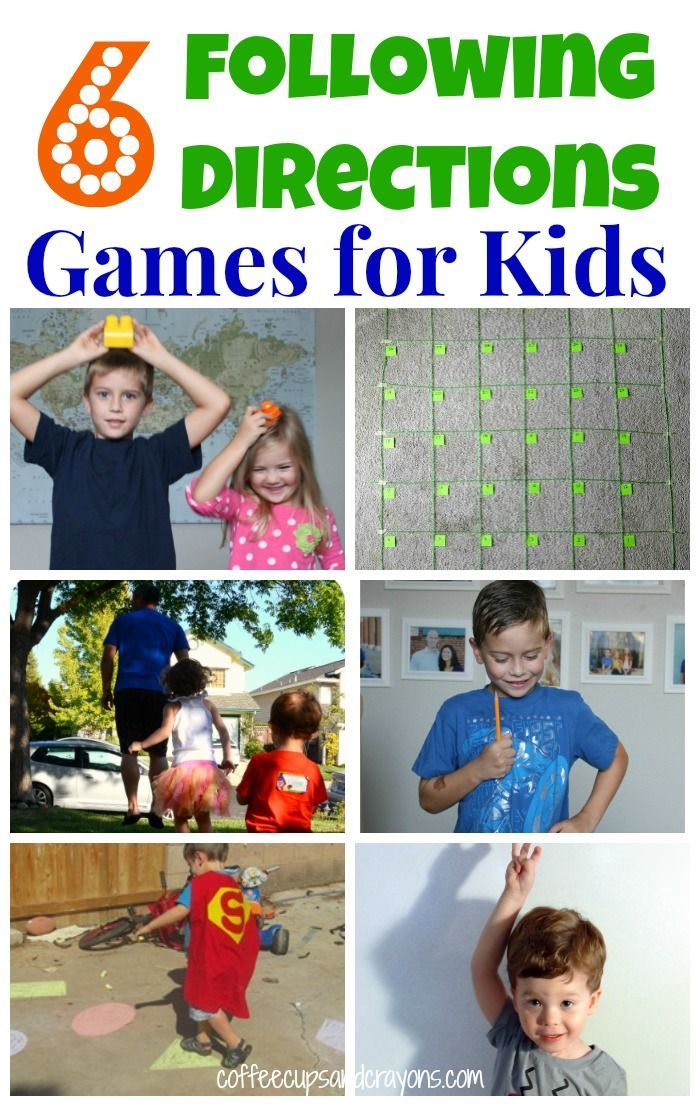 K. Views: 1352
K. Views: 1352 Planning of educational work in a preschool institution - one of the main functions of managing the process of implementing the main educational program - reflects various forms of organizing the activities of adults and children. The calendar-thematic plan of upbringing and educational work with children is a mandatory document that provides for the planning of all types of children's activities and their corresponding forms of work for every day. Without this document, the teacher has no right to start work. According to this plan, two shift educators work. Therefore, it is a collaborative activity model and planning should be collaborative. Planning involves not only the process of drawing up a plan, but also mental activity, a discussion by two teachers of what needs to be done to achieve goals and objectives
Full text of the article Read online
Keywords: joint activities, planning, autumn, fgos, mental activity
-
ART 171124 Author: Sofronova S.
Joint integrated activity "Friendly family" on the basis of GEF DO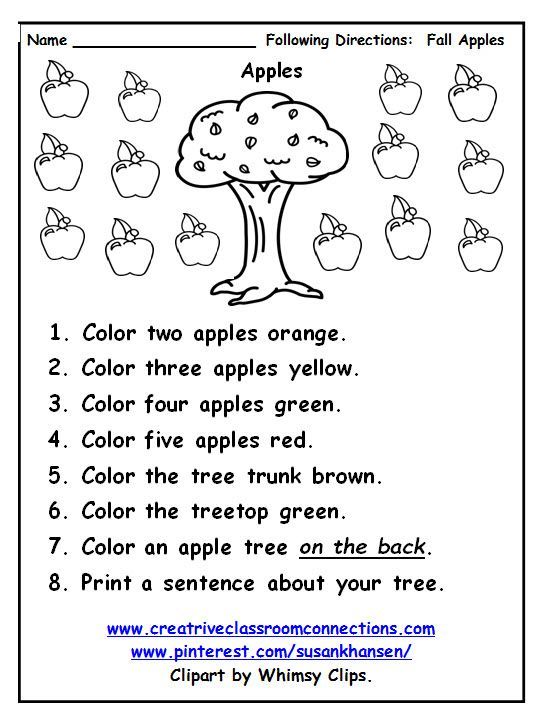 M. Views: 1213
M. Views: 1213 The paper deals with the formation of the foundations of interpersonal communication, the ability to cooperate, a tolerant attitude towards others
Full text of the article Read online
Keywords: tolerance, empathy, cooperation
-
ART 171165 Author: Ufaeva N. M. Views: 1294
Planning the work of the educator together with children and parents in accordance with the Federal State Educational StandardPlanning of environmental education of children together with parents in accordance with the GEF ECE. Ecological education of children is not only the education of love for nature, its understanding. First of all, it is the upbringing of humanity, kindness, a responsible attitude towards both nature and people who live nearby, i.
 e. personality education
e. personality education Full text of the article Read online
Keywords: environmental education, non-traditional forms of work with parents, intellectual development of children
-
ART 171373 Author: Dvoryadkina N. V. Views: 1375
Interaction with teachers on the implementation of the social and communicative development of preschoolers in the context of the Federal State Educational StandardThe decisive factor in the development of the child is the personality of the teacher, the activation of his creative activity through non-traditional, interactive methods and forms of work that contribute to the involvement of teachers in activities and dialogue, involving free exchange
Full text of the article Read online
Keywords: fgos, non-traditional methods, creative activity, adaptation in society
Section: Methodical developments
-
ART 570075 Author: Kovalskaya L.
From the work experience "Cooperation between kindergarten and family, according to GEF DO"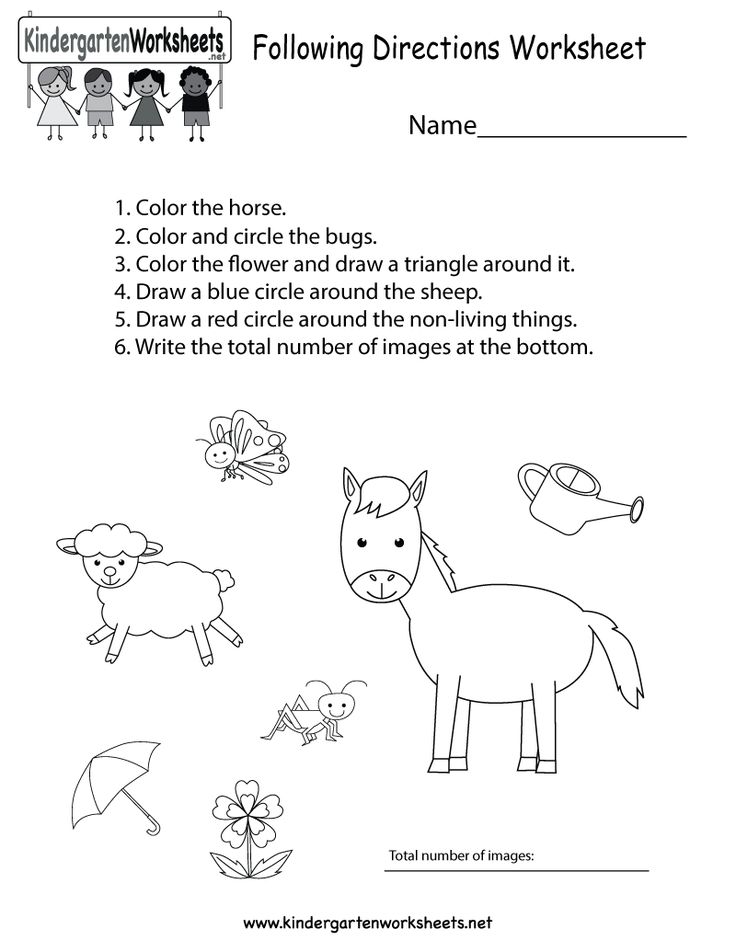 I. Views: 1323
I. Views: 1323 In this pedagogical article, from personal experience, I reveal the topic of the problem of interaction between the kindergarten and the family, because one of the main tasks of the Federal State Educational Standard is to provide psychological and pedagogical support for the family and increase the competence of parents (legal representatives) in matters of development and education, protection and strengthening children's health
Full text of the article Read online
Keywords: family, kindergarten, cooperation
Features of the organization of additional educational services in the system of preschool education
Author : Mulyukina Elena Ivanovna
Heading : Pedagogy
Posted by in young scientist №9 (247) March 2019
Publication date : 03/01/2019 2019-03-01
Article viewed: 9496 times
Download electronic version
Download Part 3 (pdf)
Bibliographic description:
Mulyukina, E.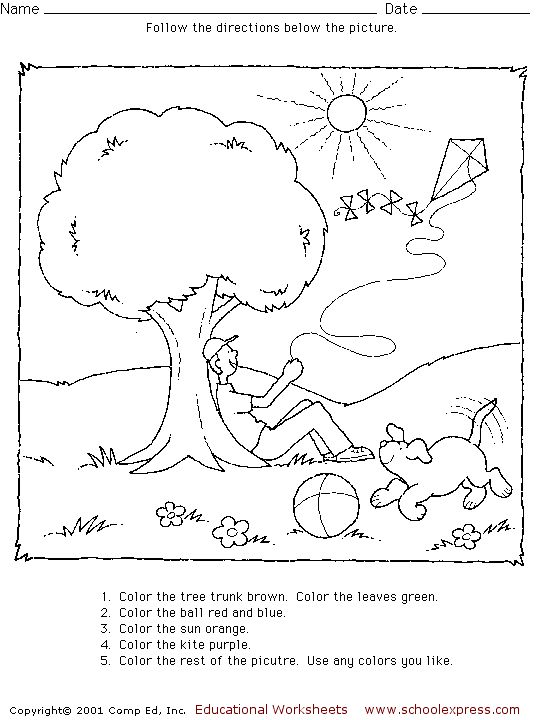 I. Features of the organization of additional educational services in the system of preschool education / E. I. Mulyukina. - Text: direct // Young scientist. - 2019. - No. 9 (247). - p. 196-198. — URL: https://moluch.ru/archive/247/56904/ (date of access: 29.10.2022).
I. Features of the organization of additional educational services in the system of preschool education / E. I. Mulyukina. - Text: direct // Young scientist. - 2019. - No. 9 (247). - p. 196-198. — URL: https://moluch.ru/archive/247/56904/ (date of access: 29.10.2022).
With the introduction of the Federal State Educational Standard for Preschool Education, not only basic education, but also additional education began to play an important role in the development of the child.
The purpose of organizing additional education on the basis of a kindergarten is to improve the educational process and meet the needs of the population in the comprehensive development of children, ensuring the unity and continuity of family and public education.
The organization of additional educational services in a preschool educational organization (PEO) is an integral component of the social order of society, as well as the result of a consistent solution of federal and regional tasks in the field of education [2, p.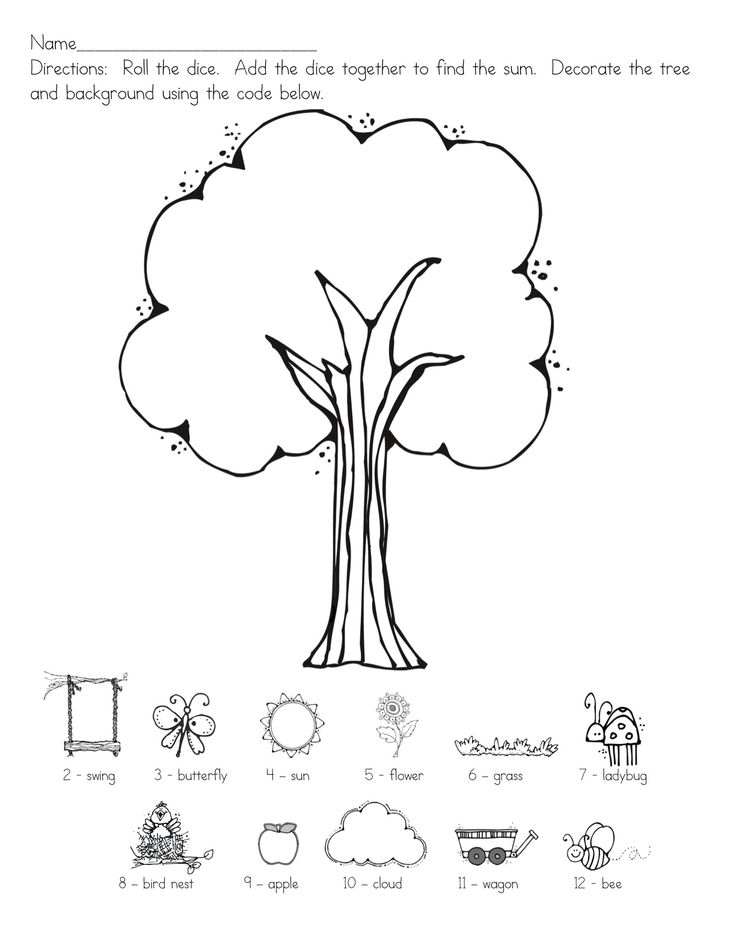 3].
3].
The Federal Law "On Education in the Russian Federation" (Chapter 10, Article 75) states that additional education of children is aimed at the formation and development of creative abilities, satisfaction of their individual needs for intellectual, moral and physical improvement. Additional education of children ensures their adaptation to life in society, professional orientation, as well as the identification and support of children who have shown outstanding abilities [3].
To organize additional education on the basis of a preschool educational organization, the following steps must be completed:
- Study of regulatory and legal documentation.
- Studying the demand of the consumer, that is, the parents of pupils who are customers of additional education services.
- Solving organizational issues: compiling a list of pupils in various areas of activity and selecting teachers of additional education.
- Development of a package of documents for the provision of additional educational services.
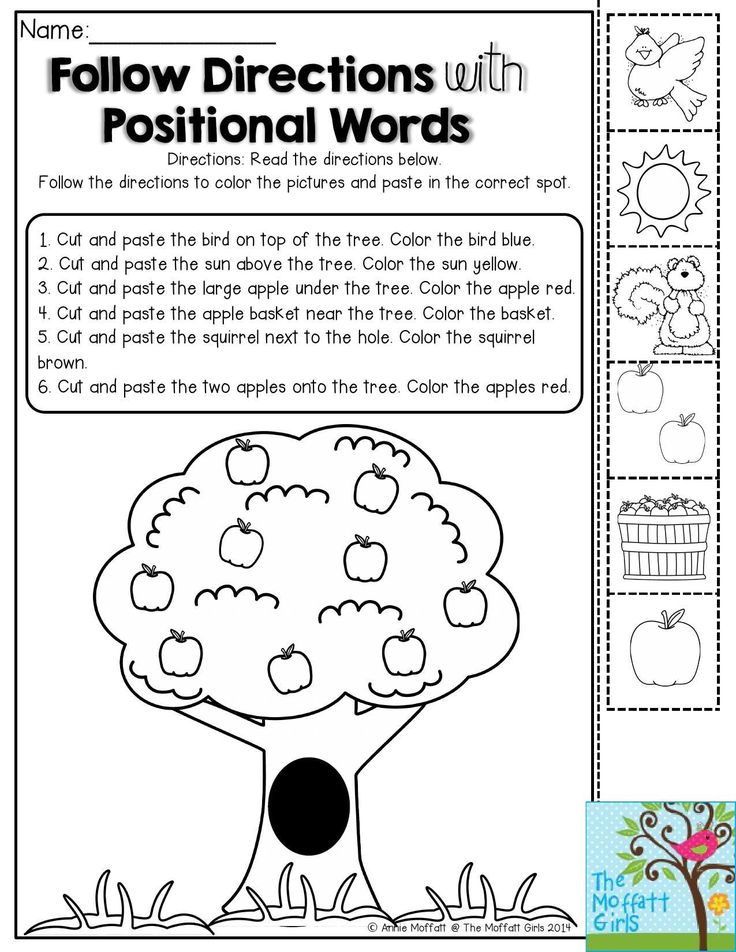 One of the main documents of a PEO is a license.
One of the main documents of a PEO is a license.
A feature of the organization of additional education on the basis of preschool education is that additional education is integrated with the programs implemented by the preschool organization, but in no case repeats them. It should be noted that additional education in kindergarten can be carried out with children of any age, if the program of additional education corresponds to the age and individual characteristics of each group of pupils [2, p.6].
Taking into account the interests of preschoolers and the requests of parents for additional education, the preschool educational institution can provide the following areas:
- artistic and aesthetic development;
– physical education and development;
– intellectual development;
- early development;
- environmental education.
In the additional education of children, a personality-oriented approach is implemented, since the basis for building the educational process is the development of the child, his personal interests and achievements. The implementation of a personality-oriented approach becomes possible if conditions are created for organizing a study of the child's personality, developing individual educational routes, creating a system for tracking the personal growth of children, their achievements [1, c.13].
The implementation of a personality-oriented approach becomes possible if conditions are created for organizing a study of the child's personality, developing individual educational routes, creating a system for tracking the personal growth of children, their achievements [1, c.13].
The numerical composition of the association is determined in accordance with the psychological and pedagogical expediency of the type of activity. The schedule of classes is drawn up taking into account the interests and capabilities of children, and the duration of classes is set on the basis of sanitary and hygienic standards.
Forms of organization of children's educational associations are diverse. The form of a children's educational association is understood as a structurally and meaningfully formalized organization of interaction between participants in the educational process (children, teachers, parents) aimed at solving certain educational problems. The following forms of children's educational associations are possible in a preschool educational institution: a circle, a club, a studio, a workshop, a section, an ensemble, a theater, a school, etc.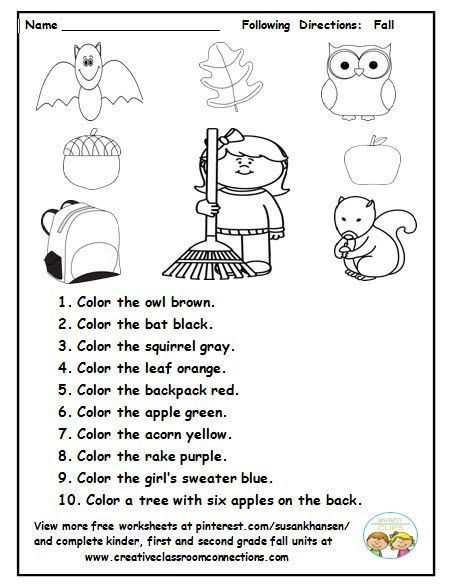
The form of conducting classes in additional education is creativity in its various manifestations. The result of a child's activity is not just acquired knowledge, skills and abilities, but the embodiment of this knowledge into a real product of activity [2, c.196].
Classes in additional education with preschoolers should be carried out in a separate room, which has its own developing subject-spatial environment and causes children to feel interested, novelty, surprise [1, c.24]. When introducing additional educational services, one should carefully consider the load on the child during the day, taking into account age and individual characteristics. To do this, you should draw up a single schedule for the entire kindergarten, assuming classes after a daytime nap or a walk. It is necessary to provide children with more freedom and independent creative initiative with the benevolent and competent participation of an adult. The teacher should use various forms of work with preschoolers: game methods and techniques, surprise moments, creative tasks, experimentation.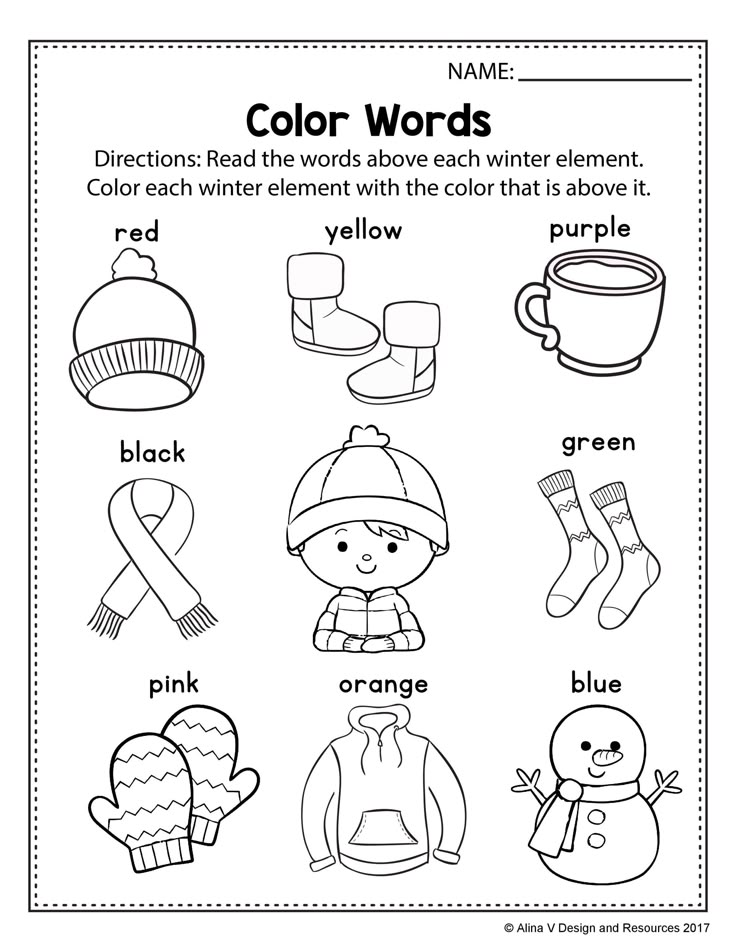 And the work of children made in additional classes should be used in the design of exhibitions within the walls of the kindergarten, participation in various creative competitions.
And the work of children made in additional classes should be used in the design of exhibitions within the walls of the kindergarten, participation in various creative competitions.
Despite the positive processes of additional education of children on the basis of preschool education, there are a number of serious problems.
One of the main problems is the overload of children. A preschool organization, trying to fulfill an order for additional educational services, chooses several directions. This leads to overload, overwork of children. This problem can be solved by the medical staff of the preschool, who acquaints parents with the requirements for the maximum educational load on a preschool child; a teacher is a psychologist who, at parent-teacher meetings and in individual conversations, helps parents to realize the negative side of overloading the nervous system of a preschooler.
Educators can use the so-called "Employment Sheet" or "Individual Workload Map", where they record all the activities carried out with the child on a daily basis.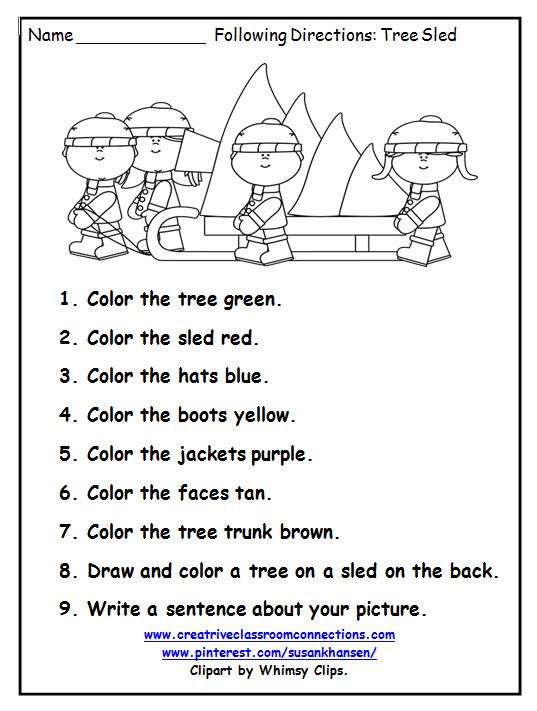 Both educators, and the teacher of additional education, and parents will have the opportunity to control the level of the overall teaching load of each child in the preschool.
Both educators, and the teacher of additional education, and parents will have the opportunity to control the level of the overall teaching load of each child in the preschool.
Taking into account the individual characteristics of children also makes it possible to reduce the load. Based on the diagnosis of personal development, an individual development route is drawn up for each child, where experts indicate the interests of the child, as well as recommended for visiting, in terms of his abilities and preferences, studios, circles and sections of additional education.
Other problems of organizing additional education for preschoolers include the following:
- teachers of preschool educational institutions, in an effort to improve the level of development of their pupils, sometimes duplicate the basic program;
- often the form of organizing classes with preschoolers is no different from ordinary classes, and children lose interest in visiting circles, sections;
- teachers in preschools carry out work on additional education of children, most often according to a long-term or calendar plan, and not according to a program of additional education for preschoolers;
- work is not always carried out to improve the qualifications of preschool teachers on issues of additional education.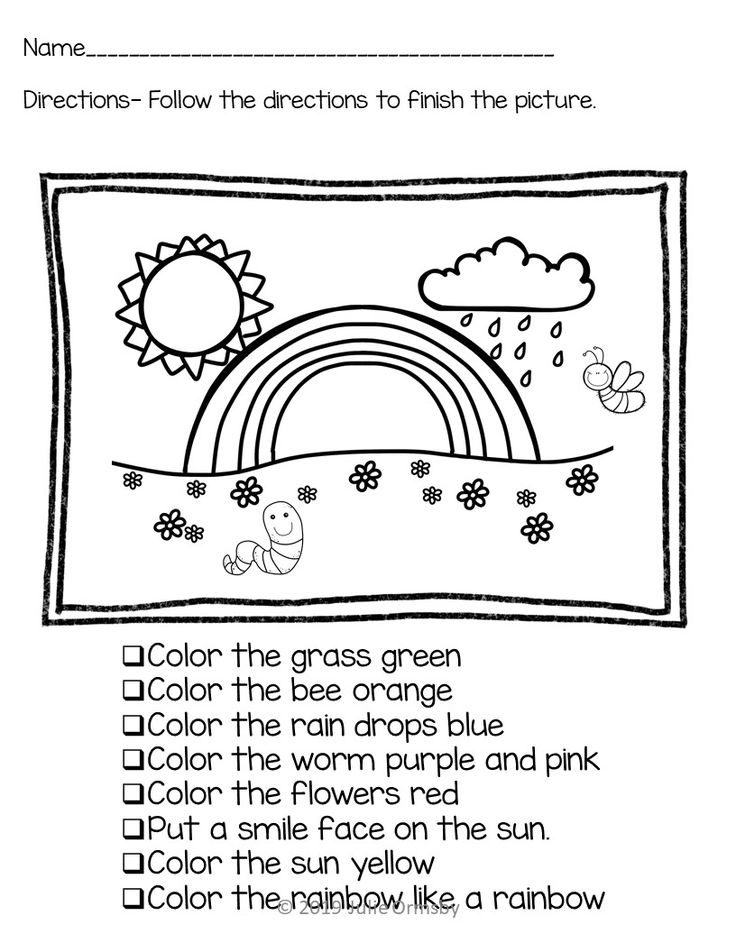
Thus, additional education occupies an increasingly strong place in preschool institutions. It is attractive to the child, allows you to solve many problems of its effective development. Therefore, teachers and heads of kindergartens need to find ways to solve the problems of organizing additional education in accordance with modern requirements for this type of education.
Literature:
- Zolotareva A. V., Tereshchuk M. N. Practical recommendations for the organization of additional education in preschool educational institutions. — M.: ARKTI, 2008. — 120 p.
- Zolotareva A.V. Principles of organizing additional education for children in Russia // Yaroslavl Pedagogical Bulletin - 2013 No. 1 - Volume II (Psychological and Pedagogical Sciences). pp.194–199
- Organization of additional paid services in a preschool institution / comp. I. V. Lipova, Yu. V. Antonova. - Ed. 2nd, revised. and additional Volgograd: Teacher, 2017.
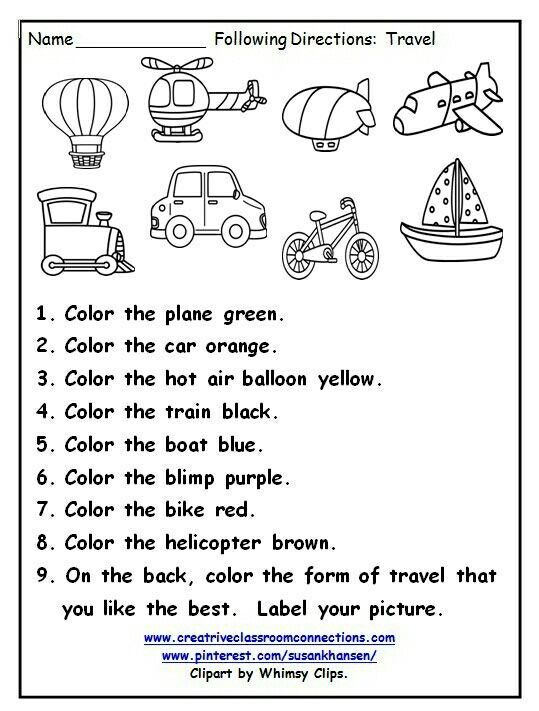 - 87 p.
- 87 p. - Federal Law of December 29, 2012 No. 273-FZ “On Education in the Russian Federation” [Electronic resource] - Access mode: http://www.consultant.ru/document/cons_doc_LAW_140174/
Basic terms (automatically generated) : additional education, additional education of children, kindergarten, educational process, child, preschool educational organization, preschool organization, oriented approach, teacher, child development.
Similar items
Organization additional education in the conditions of...
Additional education children - a single, purposeful process that unites education, training and development of personality.
Regulatory framework organizations additional education children in pre-school institutions while developed. ..
..
The main directions of innovative development
preschool ...Innovative activities of the municipal preschool educational institutions "Center development children - children's kindergarten No.0574 process in the creation, development and use of...
Additional educational services in preschool ...
Additional educational services in preschool institution : concept, types, features of implementation.
educational process , children kindergarten , preschool education , basic educational program, development children , program.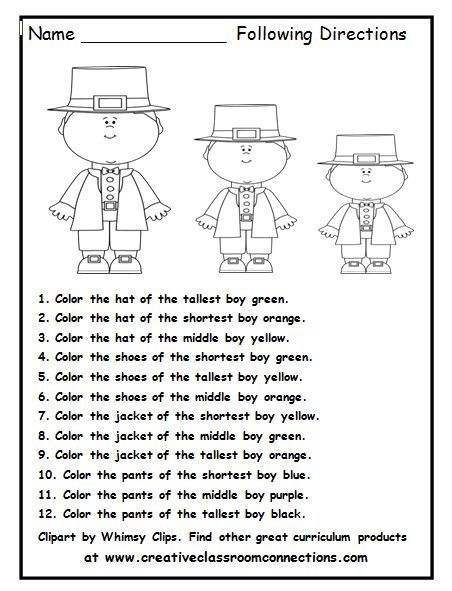 ..
..
Variable
educational process in modern...Organization educational process in preschool ... educational process , child , preschool education . Keywords: variability, educational educational , educational educational process , educational program...
Preschool pedagogy in the education system on the modern ...
preschool education child preschool educational institution , children's kindergarten , primary general education , primary school, healthy lifestyle, preschool age, preschool pedagogy. ..
..
Organization educational process in preschool ...
Organization educational process in preschool educational organizations in the context of the implementation of the Federal State Educational Standard.
The goal of the educational process in ECE is the development of the personality, motivation and abilities of children in various activities and covers ...
Technology "
Children's advice" as the most important form of support...Needed organization and guidance teacher to children : came to new knowledge and
In the logic of the standard, " educational value " preschool education follows from
What is " Children's advice"? It is a learning technology that unites children and adults.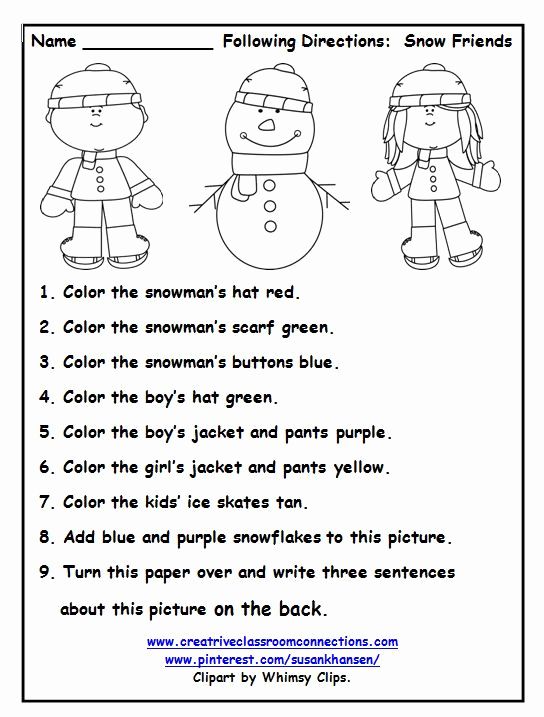 ..
..
Preschool education in Russia | Article in the collection...
Kindergarten Kindergarten is the first social institution that teaches children live in society.
Preschool Education in Children Garden satisfies the needs of children in Development and
Modern Preschool Designing the main educational program ...
educational Process , Children Garden , Preschool Education , Educational Activities, Parent, Educational , Child , Parent of the students. Preschool pedagogy in the education system on the modern.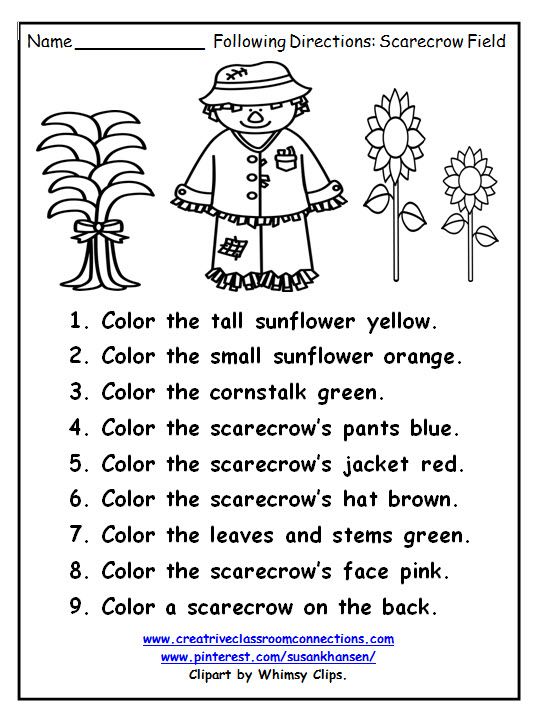 ..
..
Integration
additional education children ... Organization additional education in the conditions of...Additional education children - a single, purposeful process that unites education, training and development of personality.
Regulatory framework organizations additional education children in preschool institutions while developed...
The main directions of innovative development
preschool ... Innovative activities of the municipal preschool educational Institutions “Center Development Children - Garden No.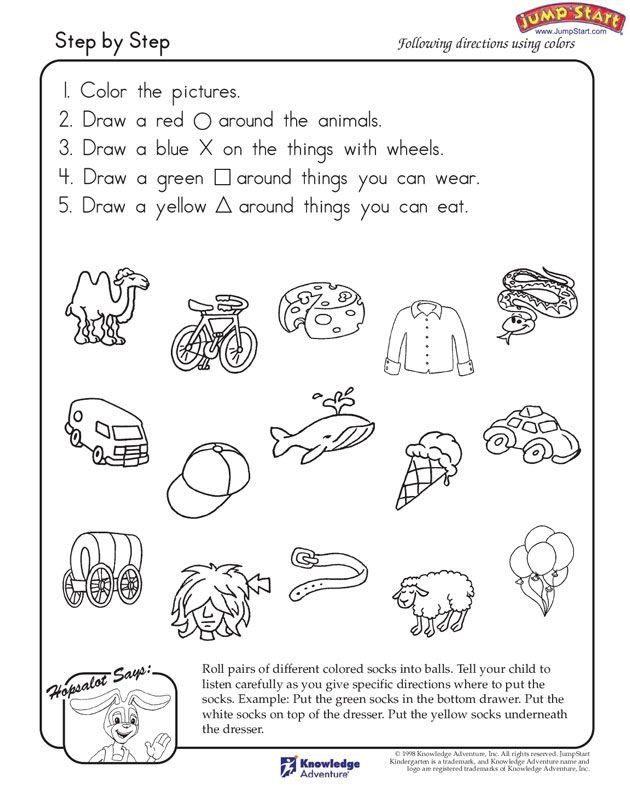 50“ Disorder ” - this is the inclusion of participants of the educational process. and use...
50“ Disorder ” - this is the inclusion of participants of the educational process. and use...
Additional educational services in preschool ...
Additional educational services in preschool institution : concept, types, features of implementation.
educational process , children's kindergarten , preschool education , basic educational program, development children , program...
Variable
educational process in modern... Organization educational process in preschool .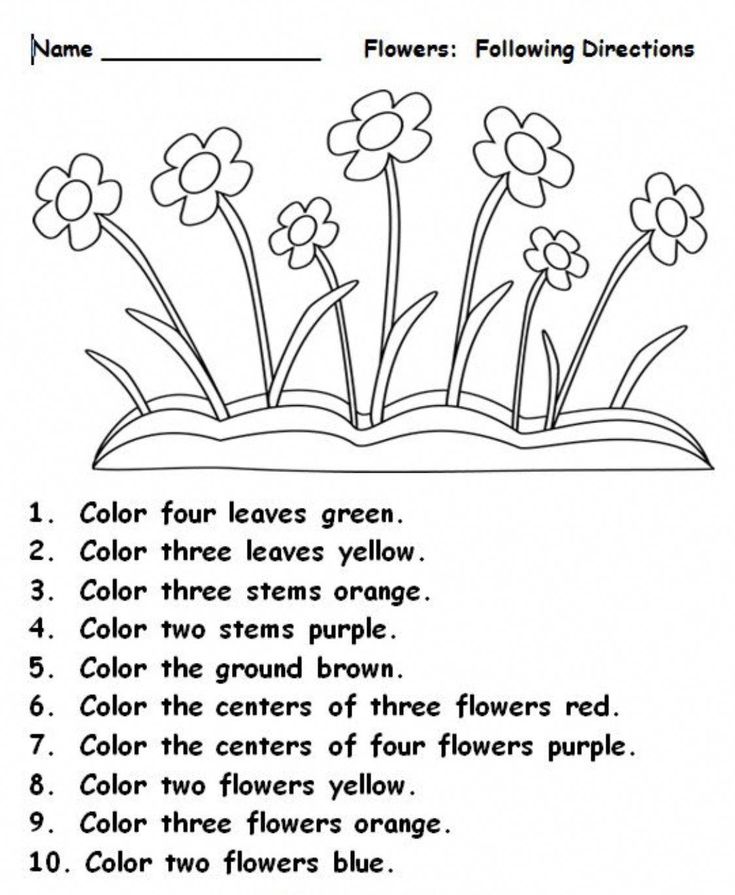 .. educational process , child , preschool education 905. Key words: variability, variability education , variable educational process , educational program ...
.. educational process , child , preschool education 905. Key words: variability, variability education , variable educational process , educational program ...
Preschool pedagogy in the education system on the modern ...
preschool education , child preschool educational institution , children kindergarten 573 education
primary school, healthy lifestyle, preschool age, preschool pedagogy...
Organization educational process in preschool ...
Organization educational process in preschool educational organization in the context of the implementation of the Federal State Educational Standard.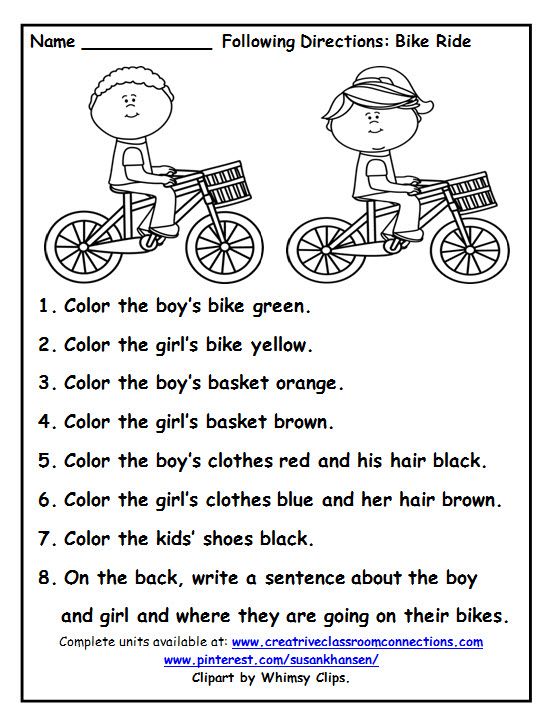
The goal of the educational process in ECE is the development of the personality, motivation and abilities of children in various activities and covers ...
Technology "
Children's advice" as the most important form of support...Needed organization and guidance teacher so that children : come to new knowledge and
In the logic of the standard, “ educational value” preschool education derived from
What is “ Children's advice”? It is a learning technology that unites children and adults...
Preschool education in Russia | Article in the collection...
Kindergarten is the first social institution that teaches children to live in society.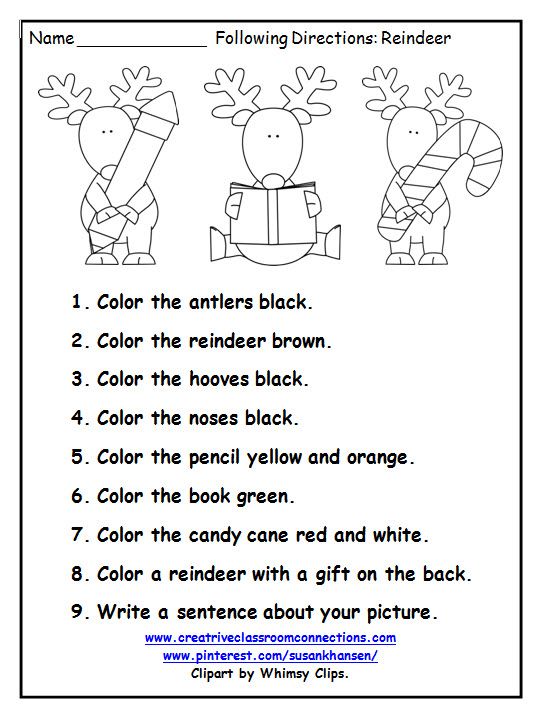
Learn more

